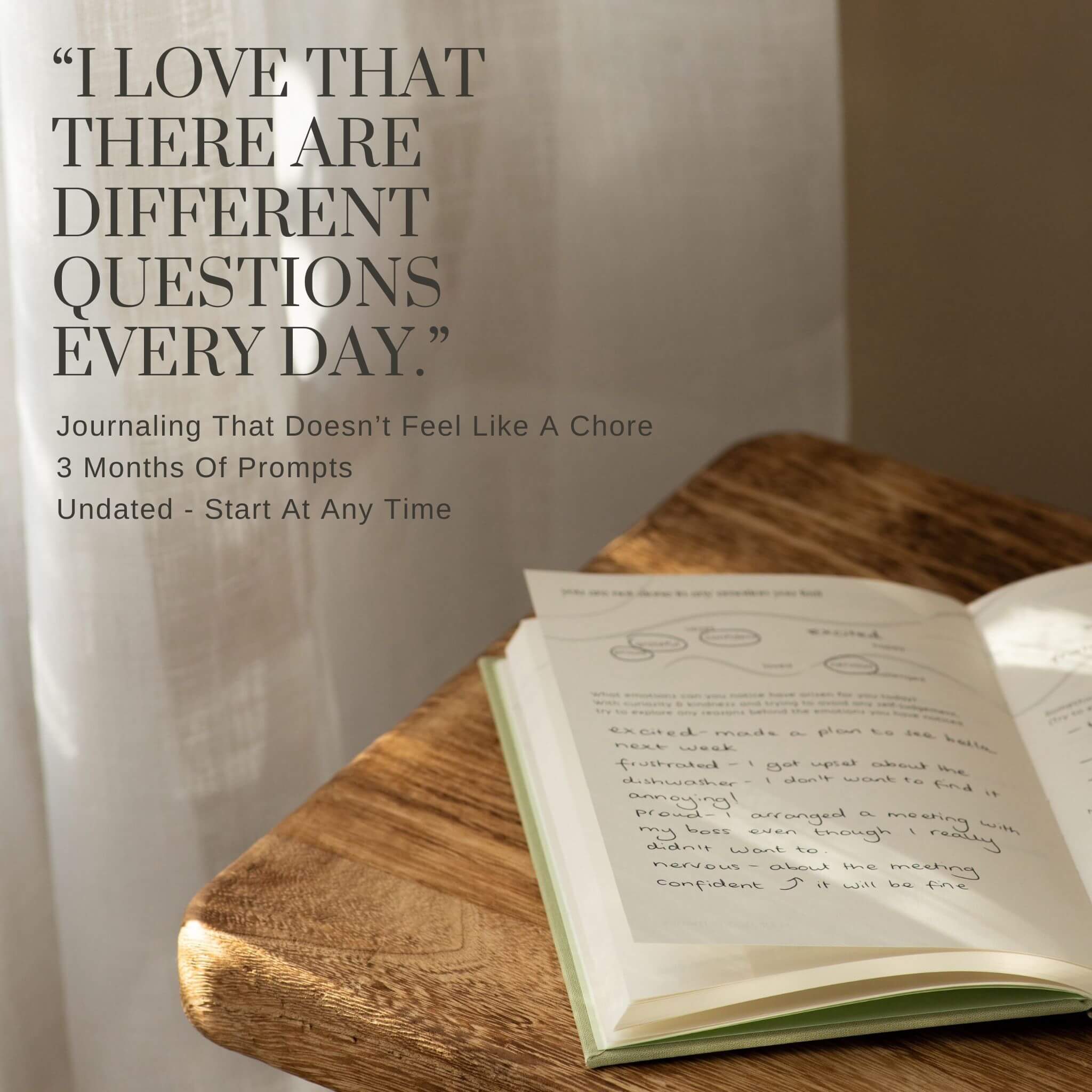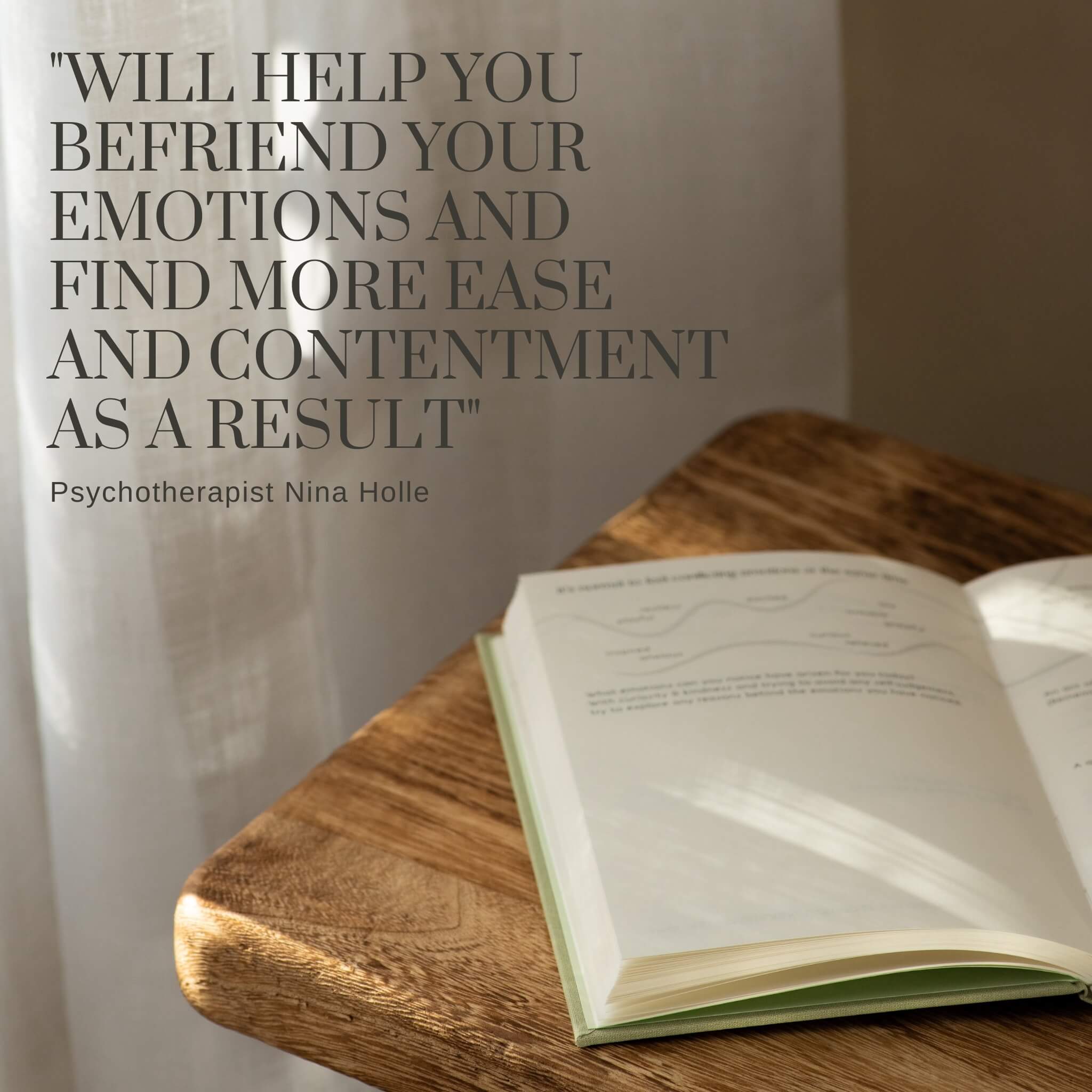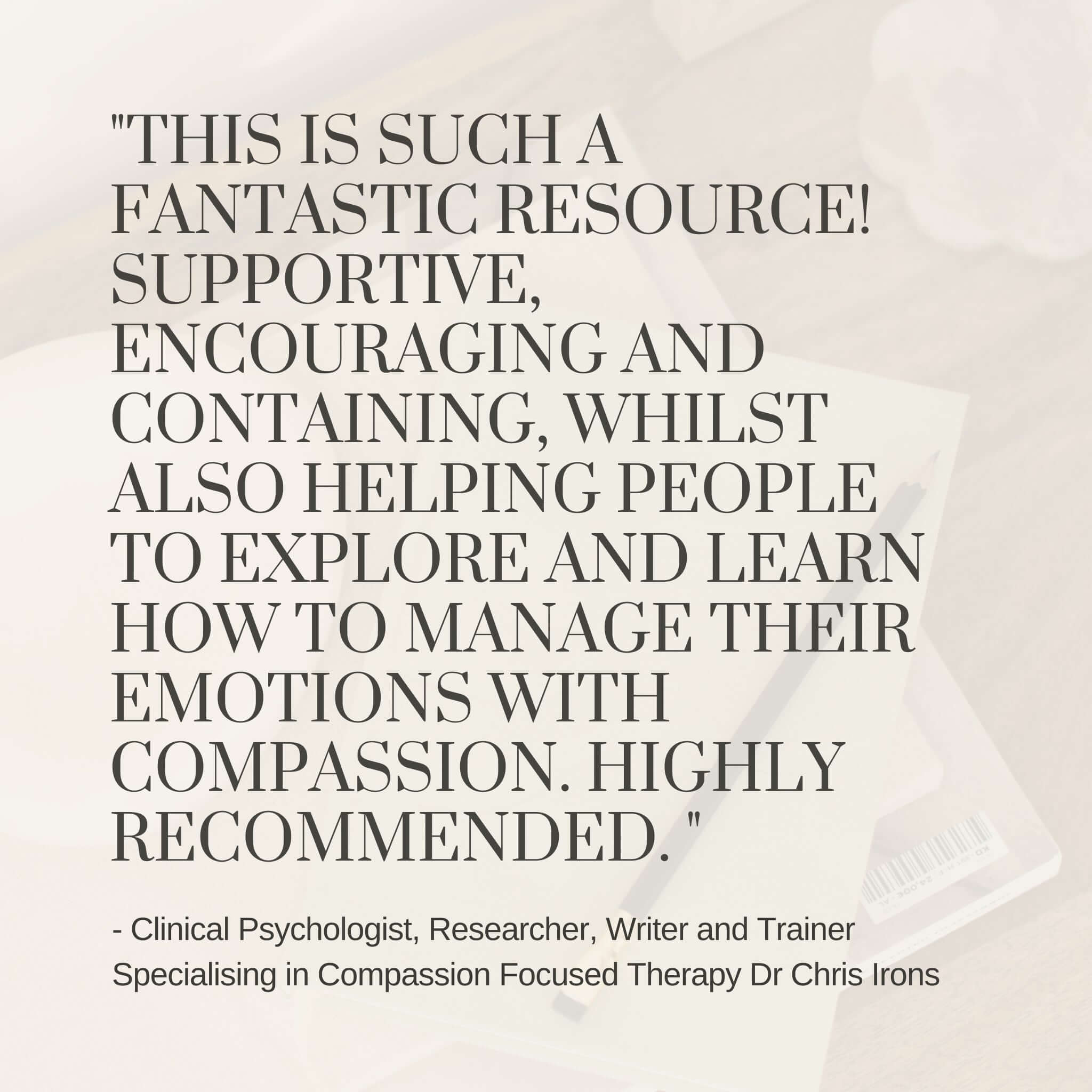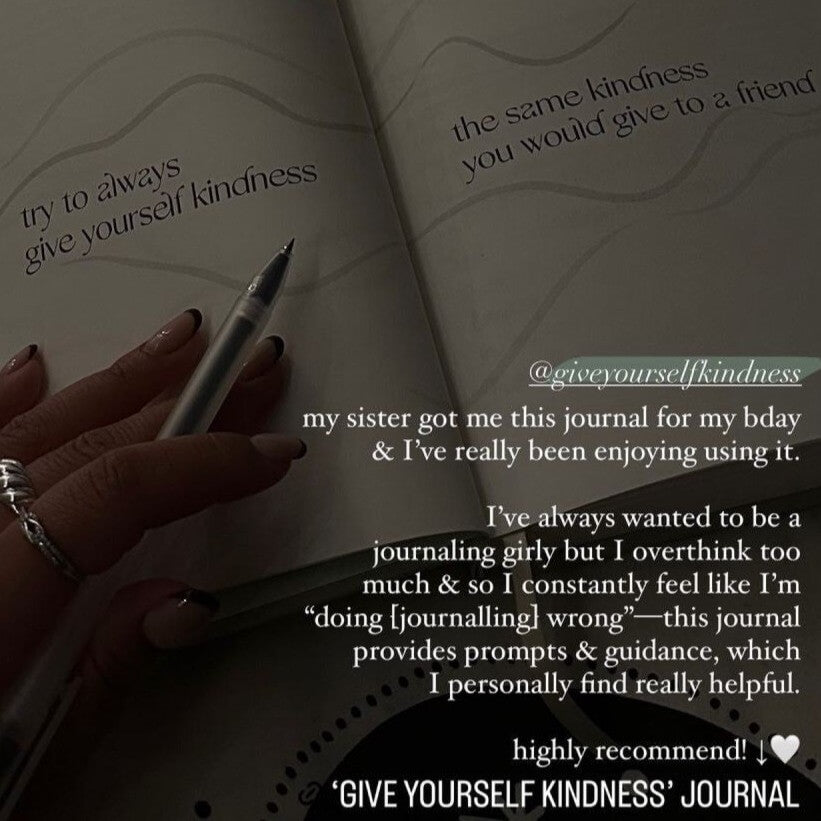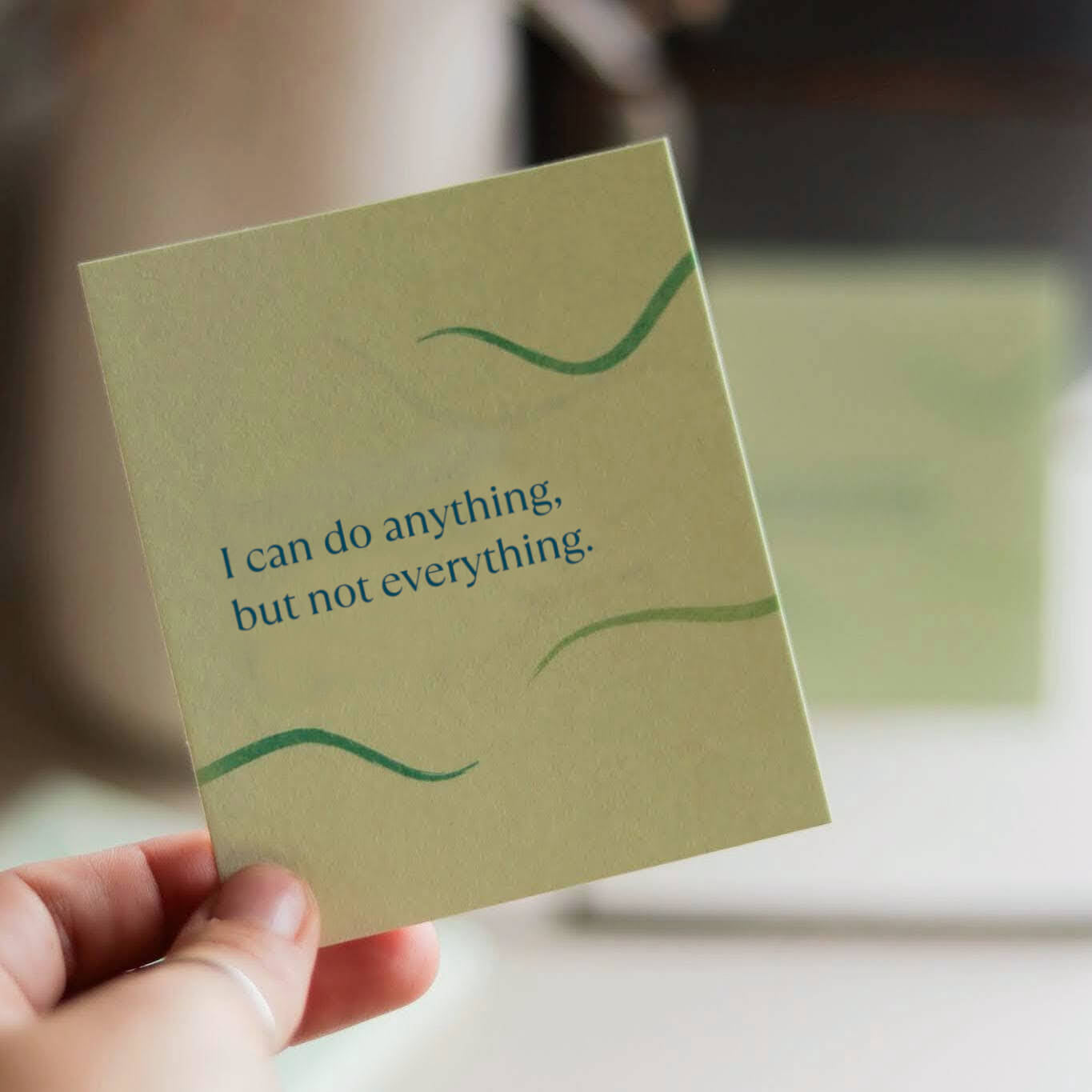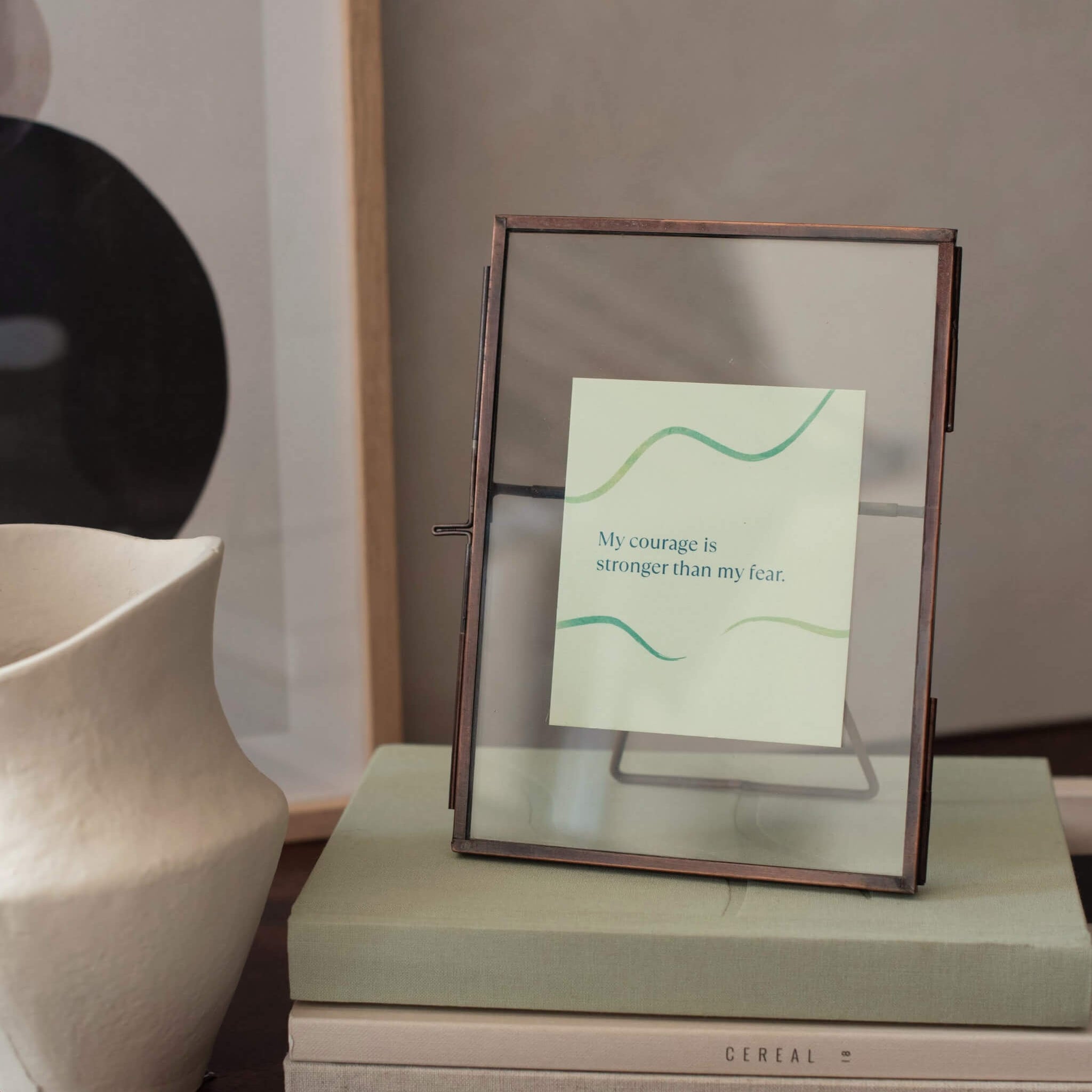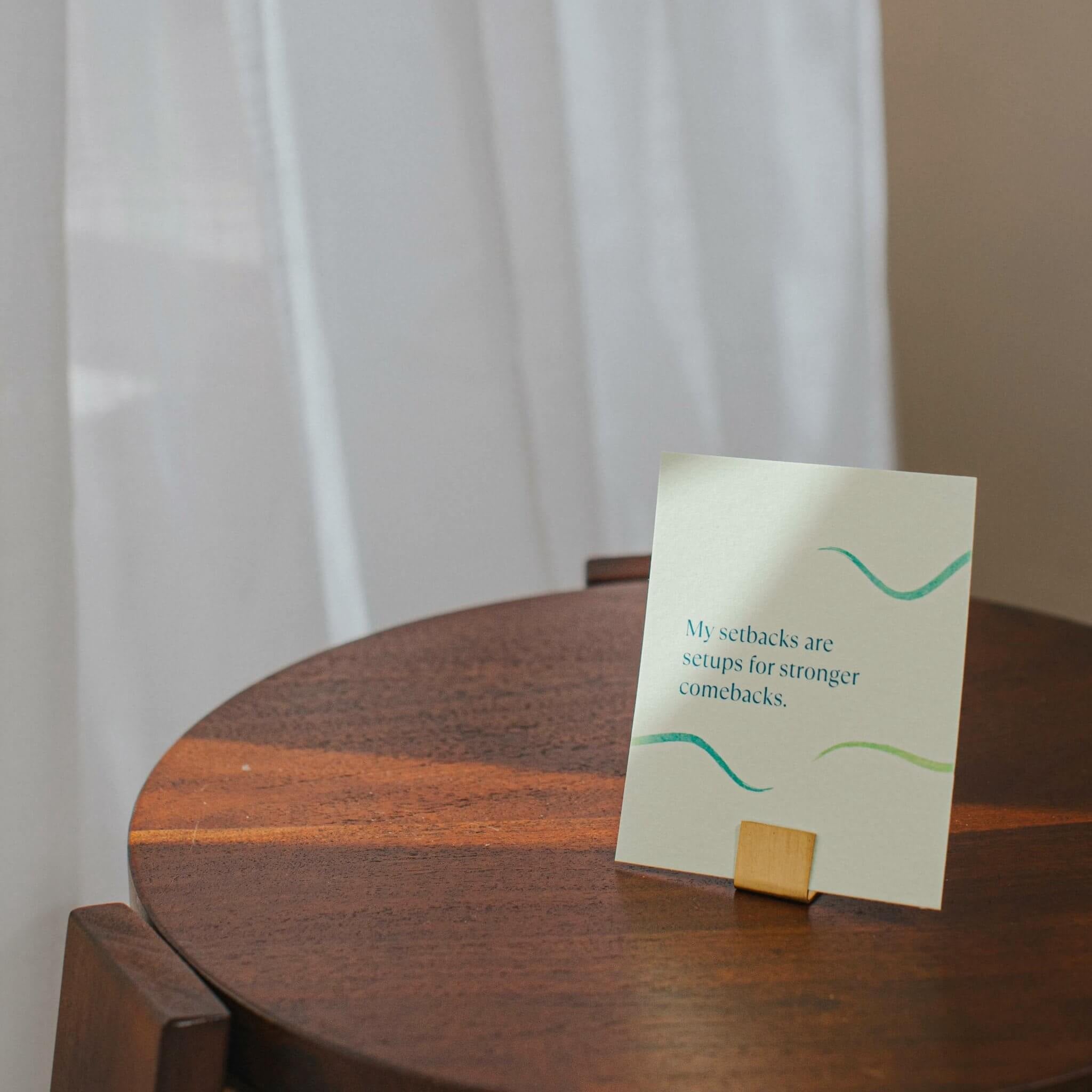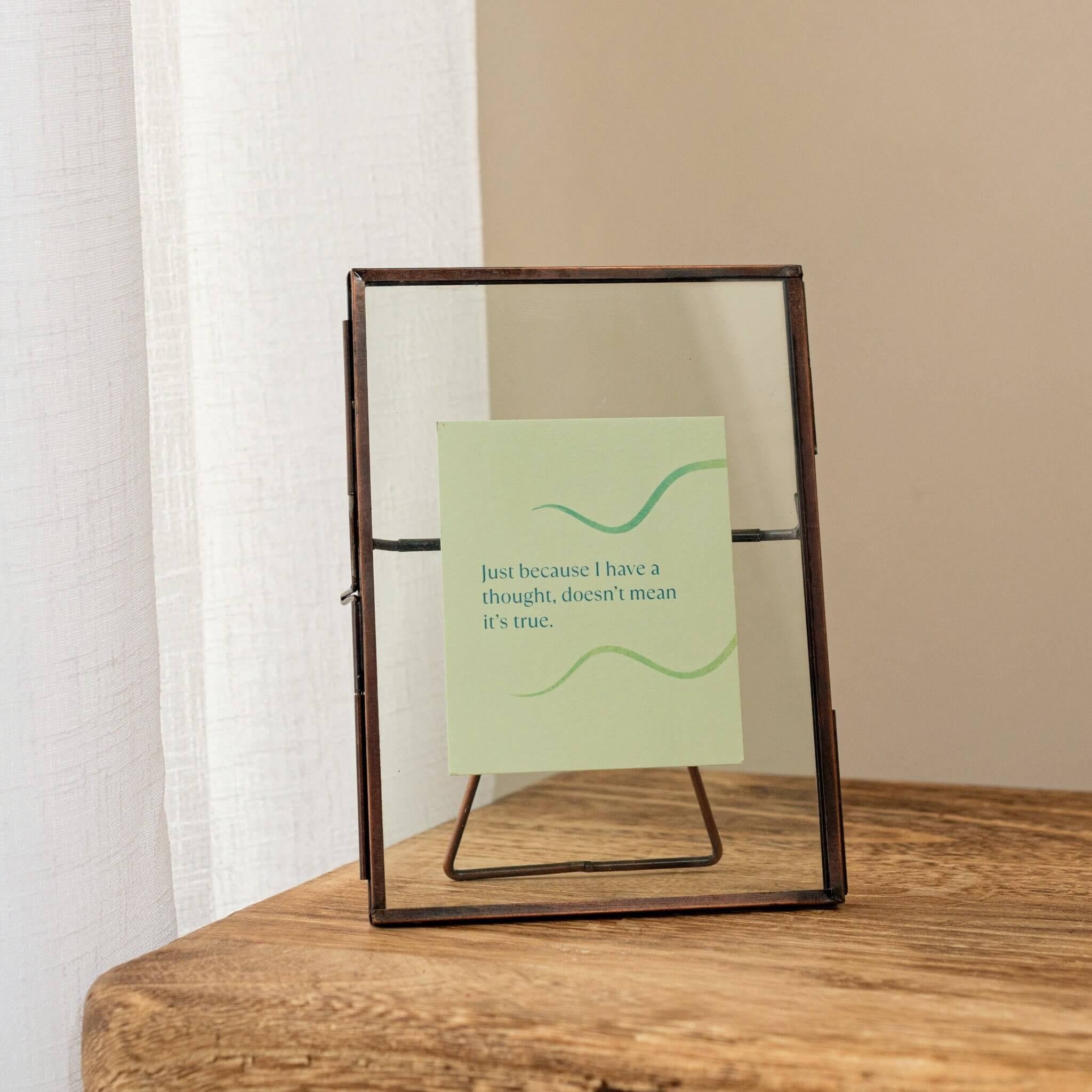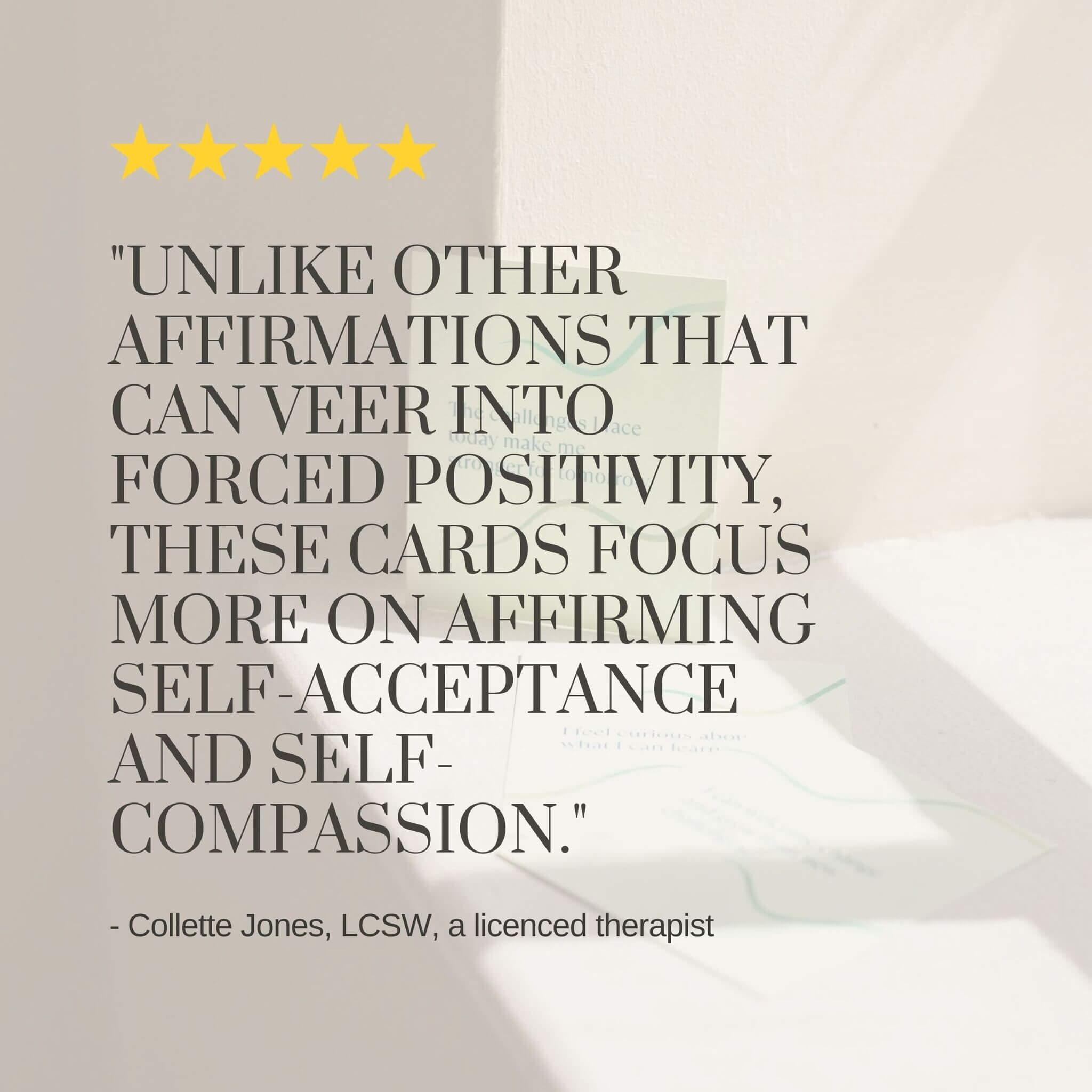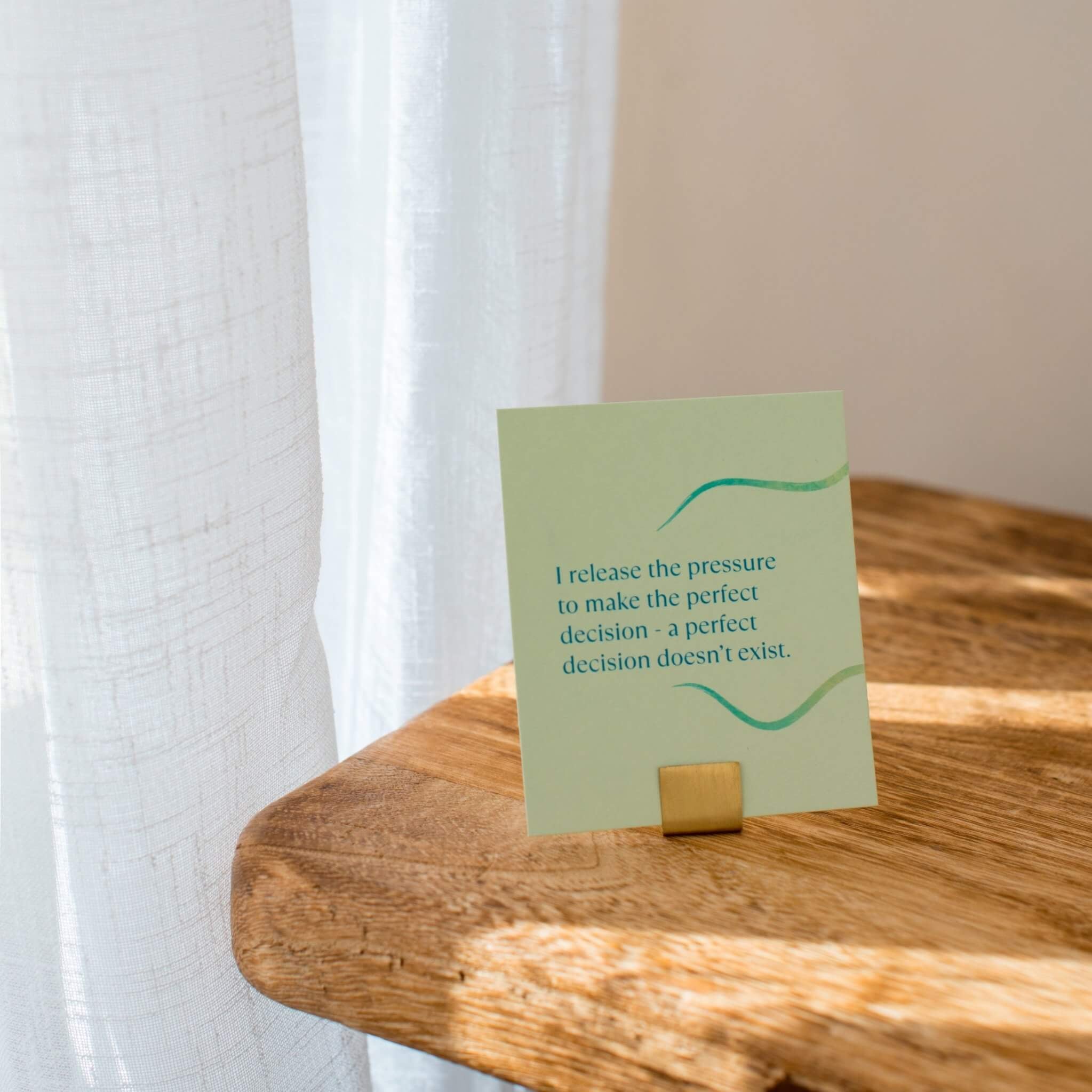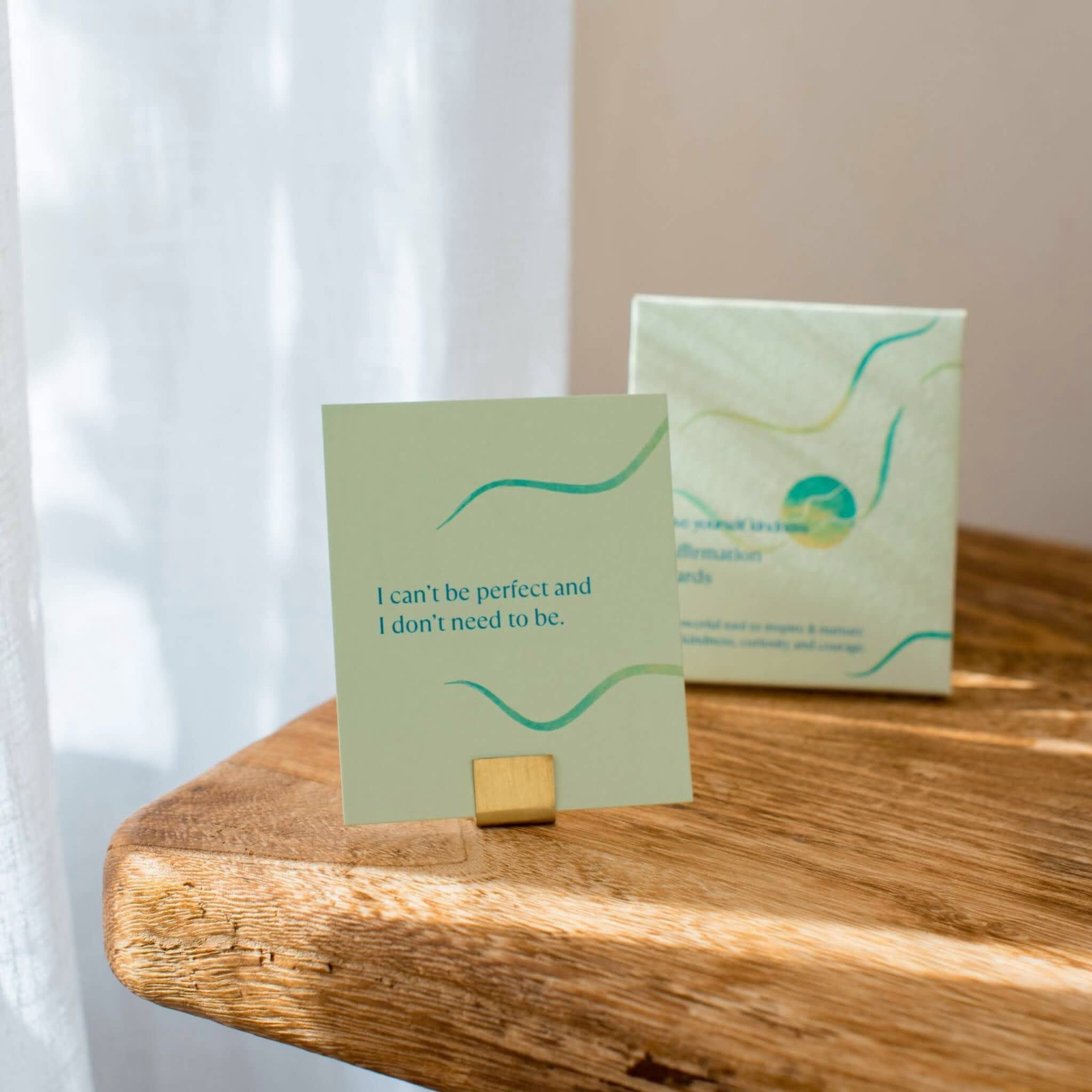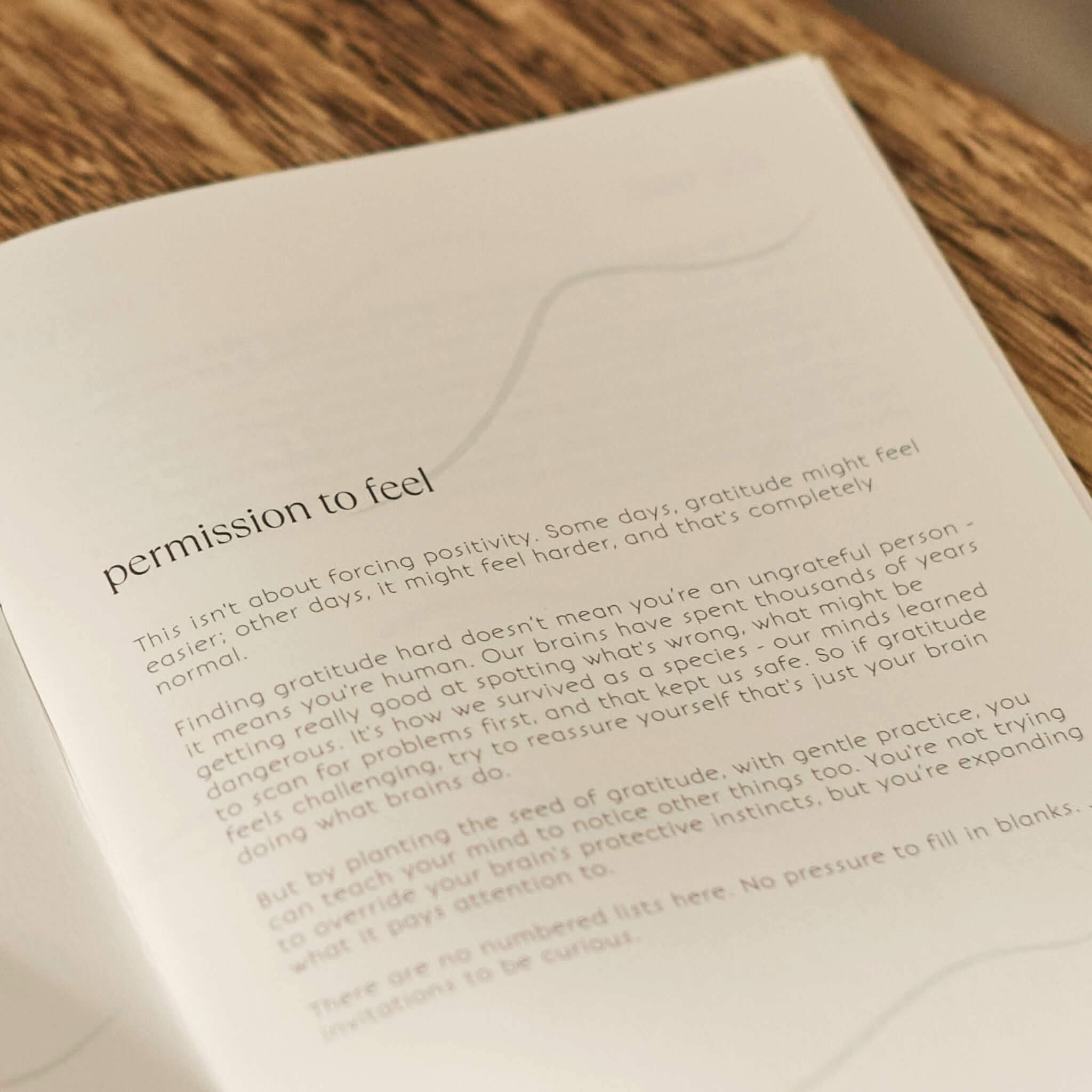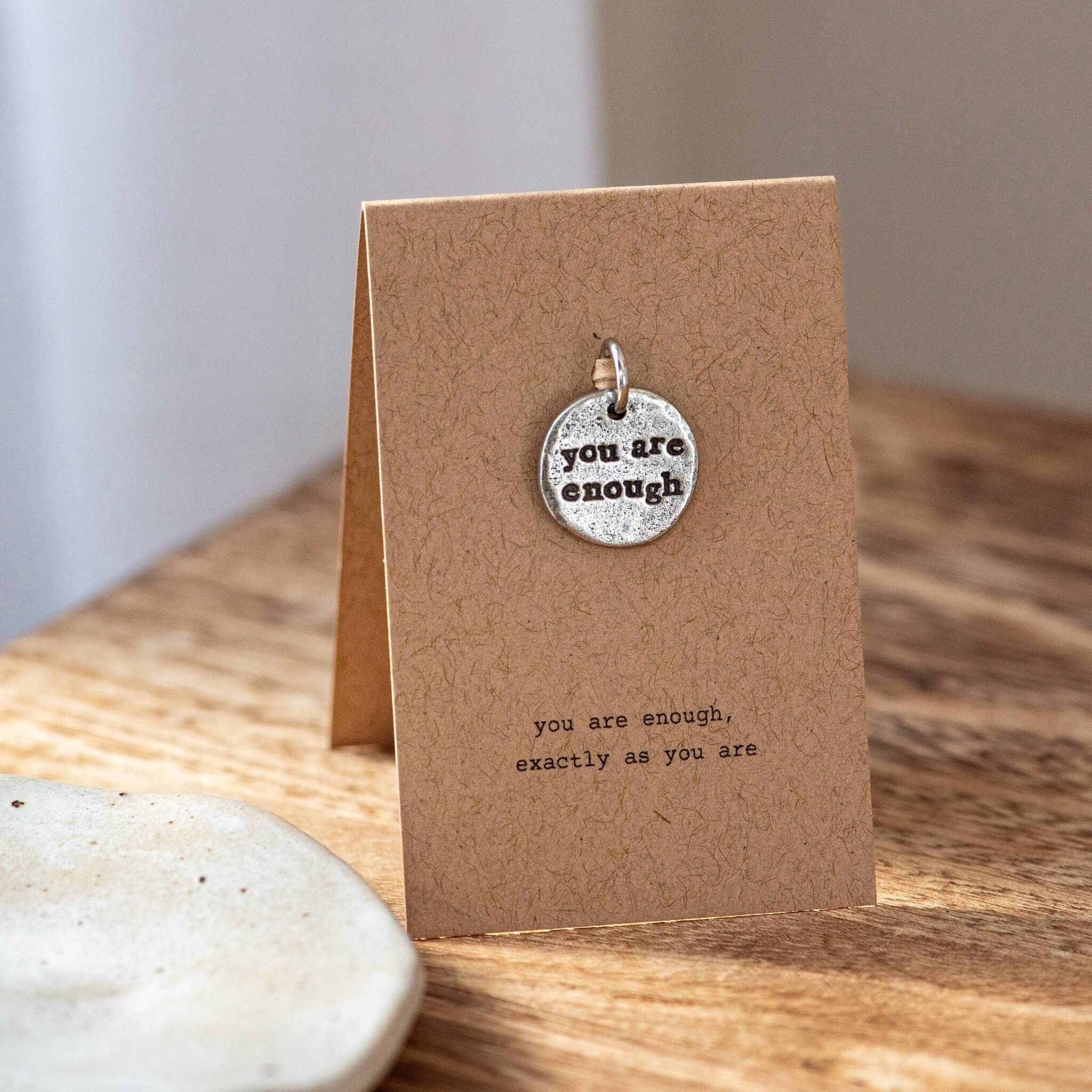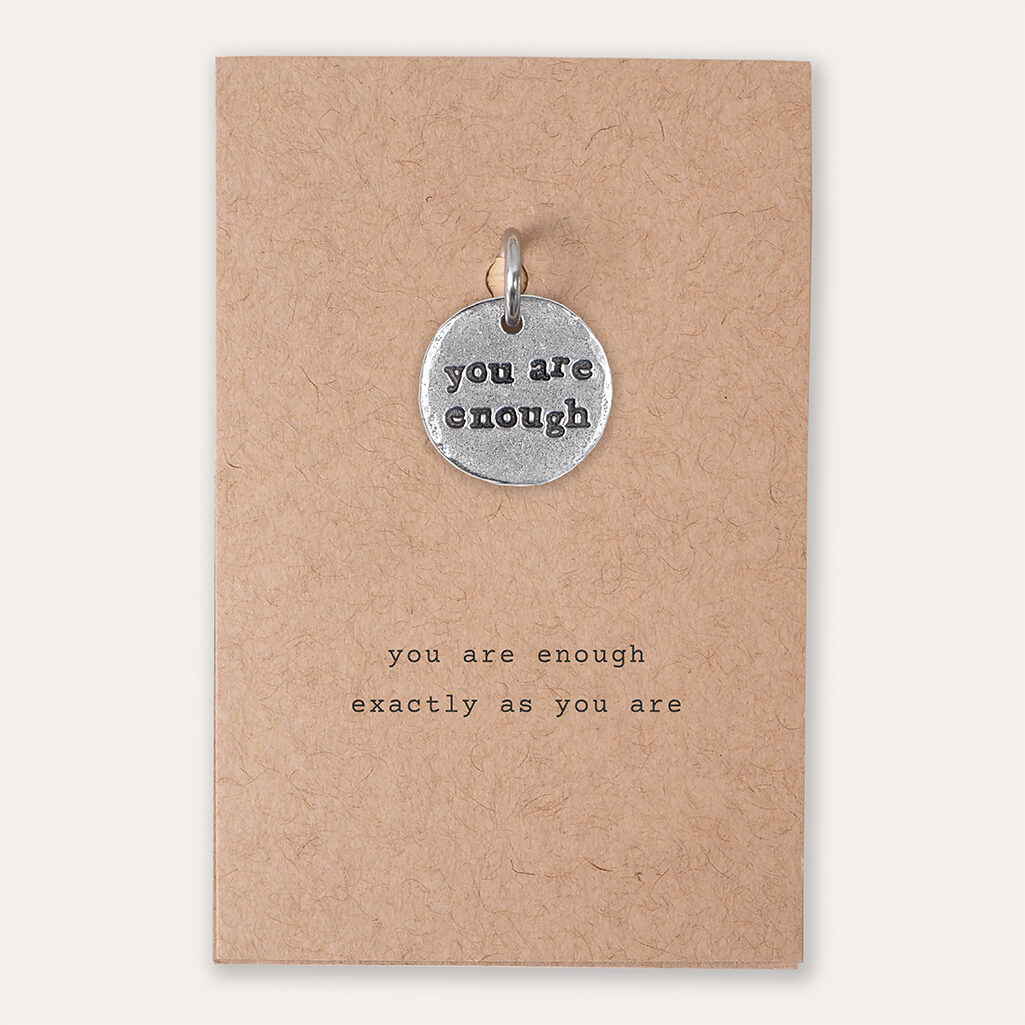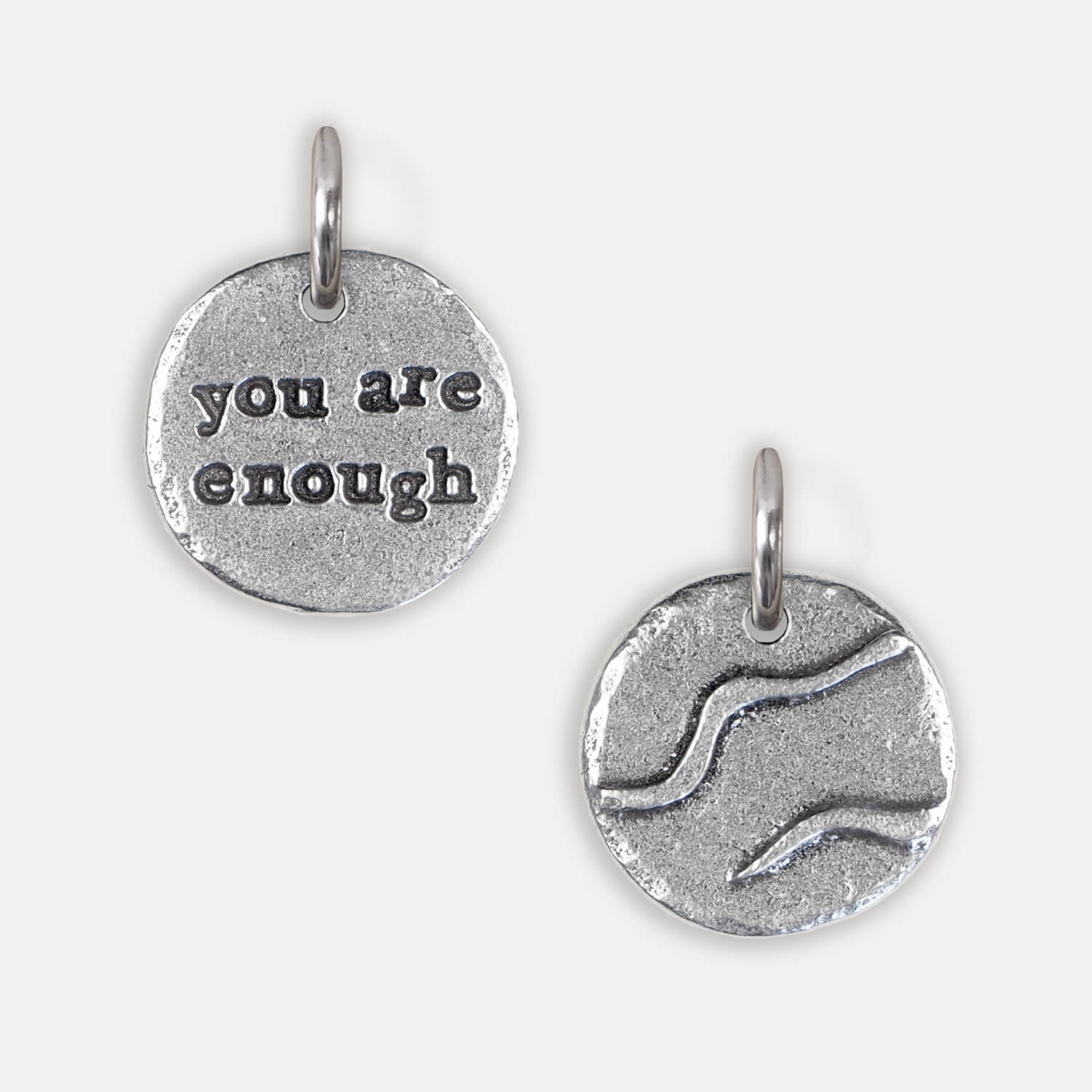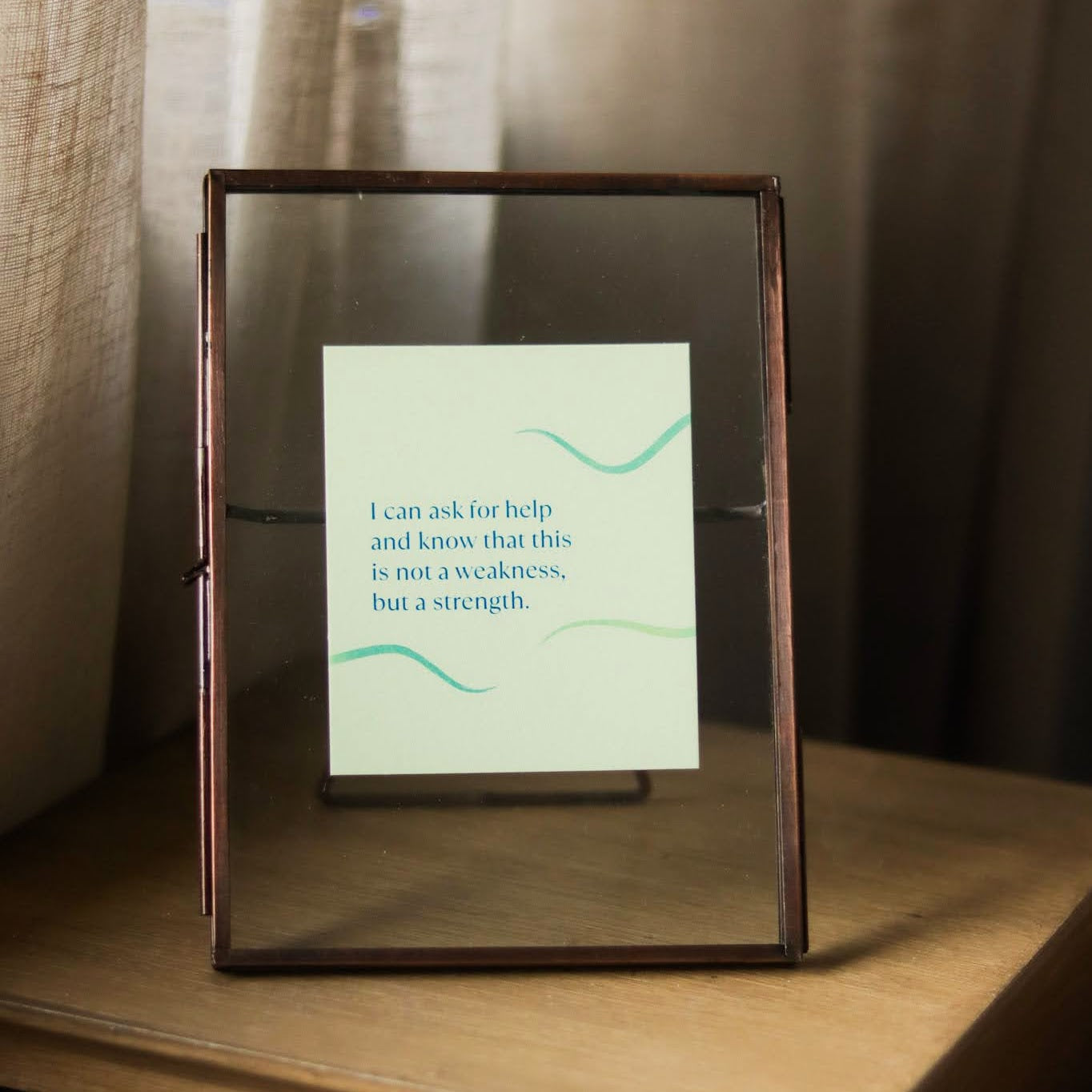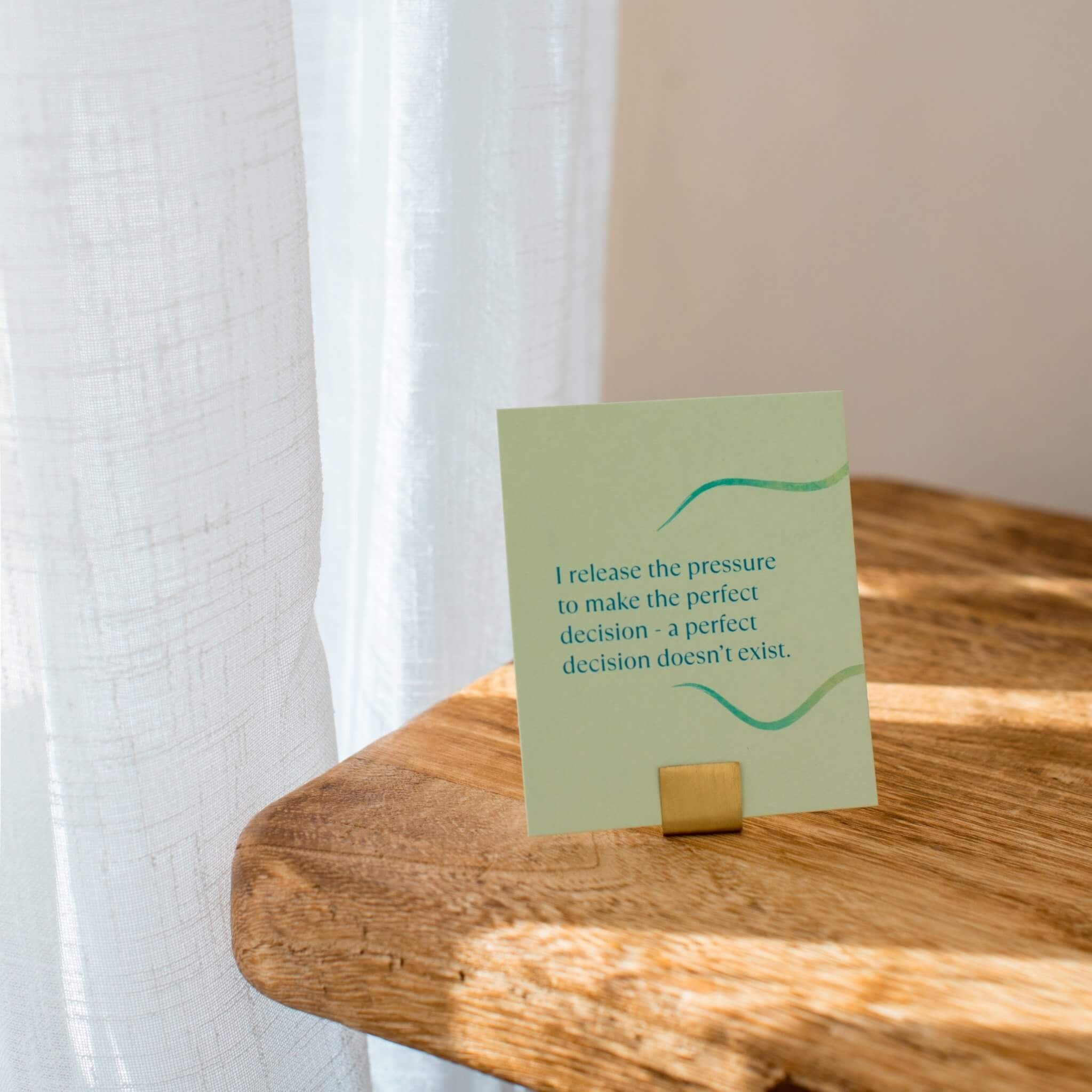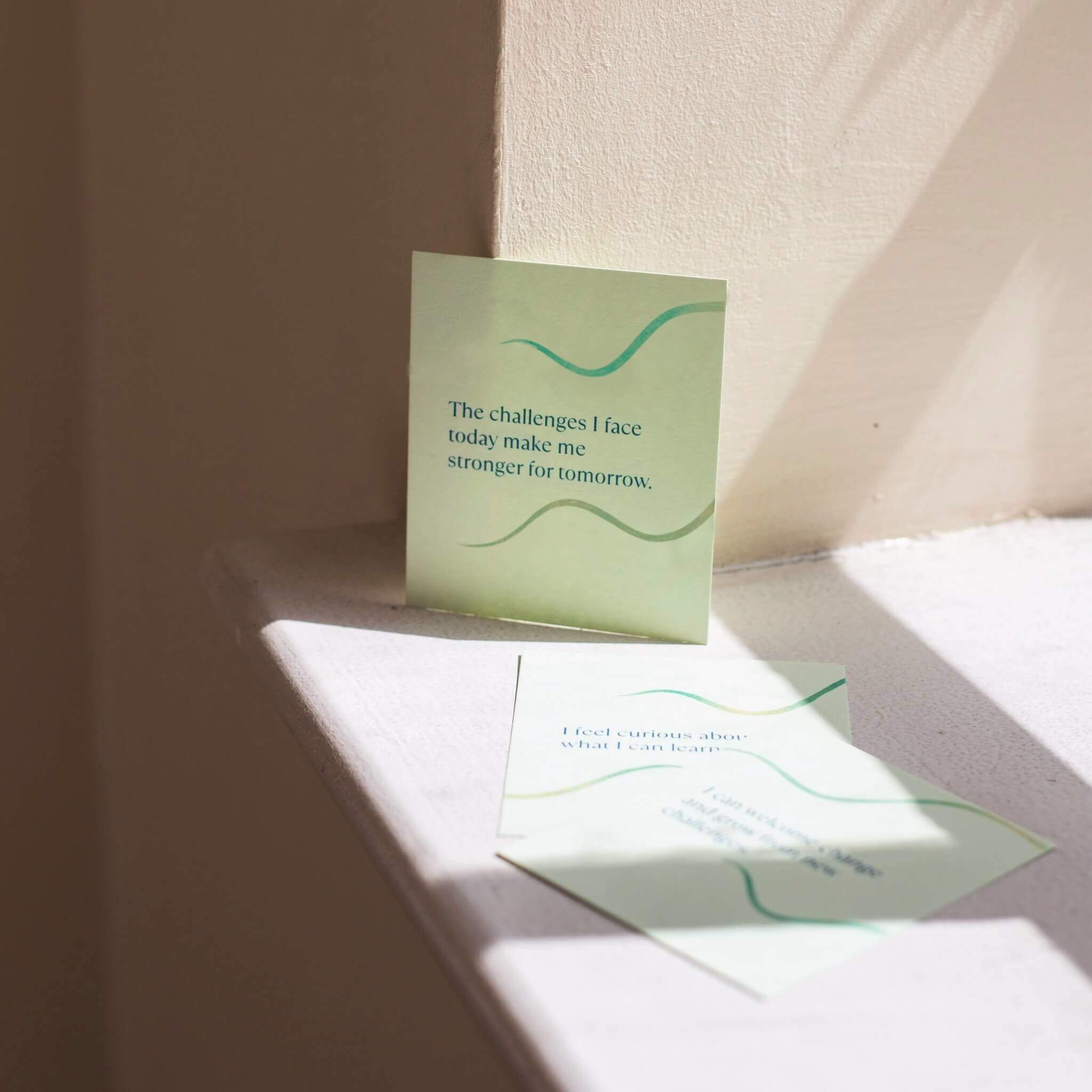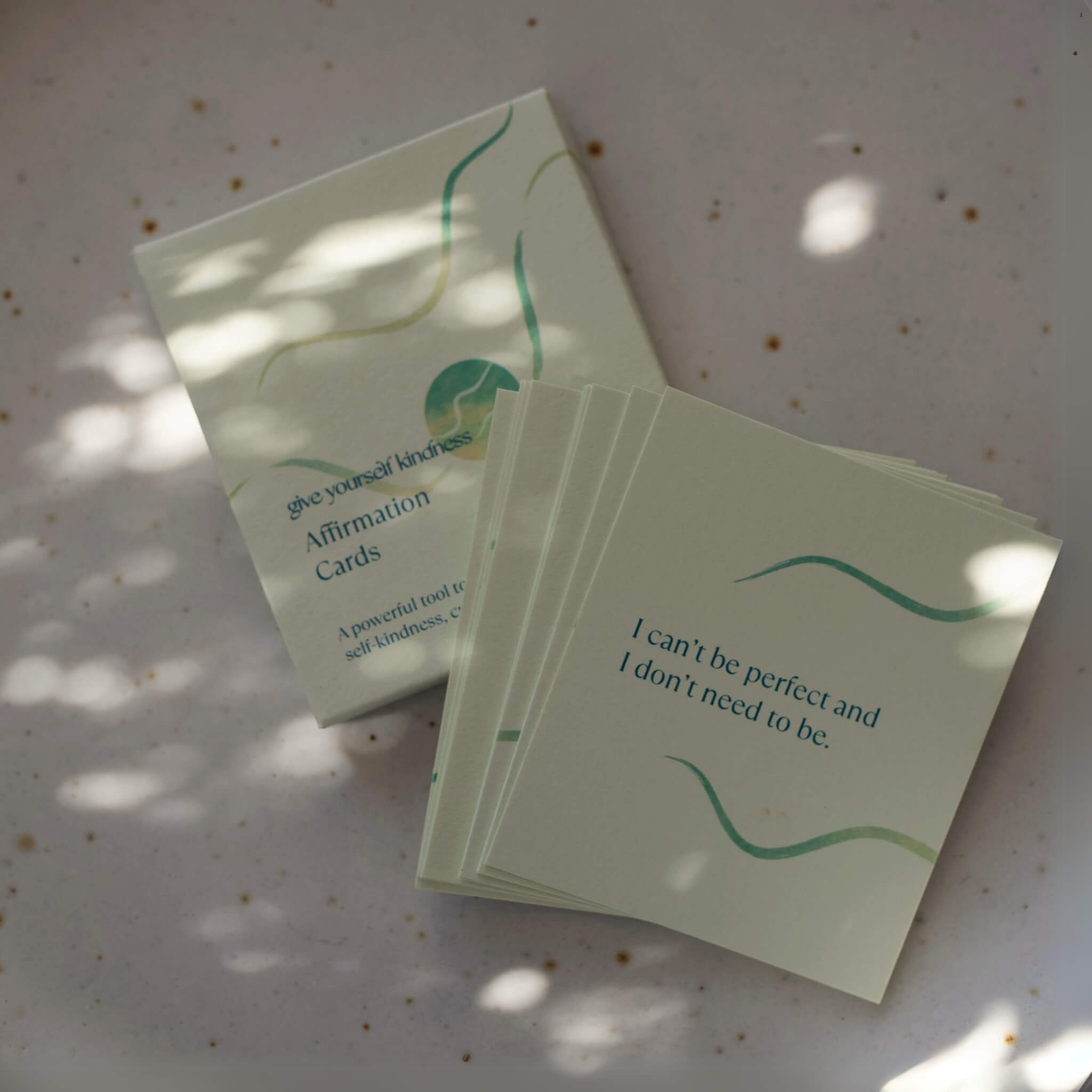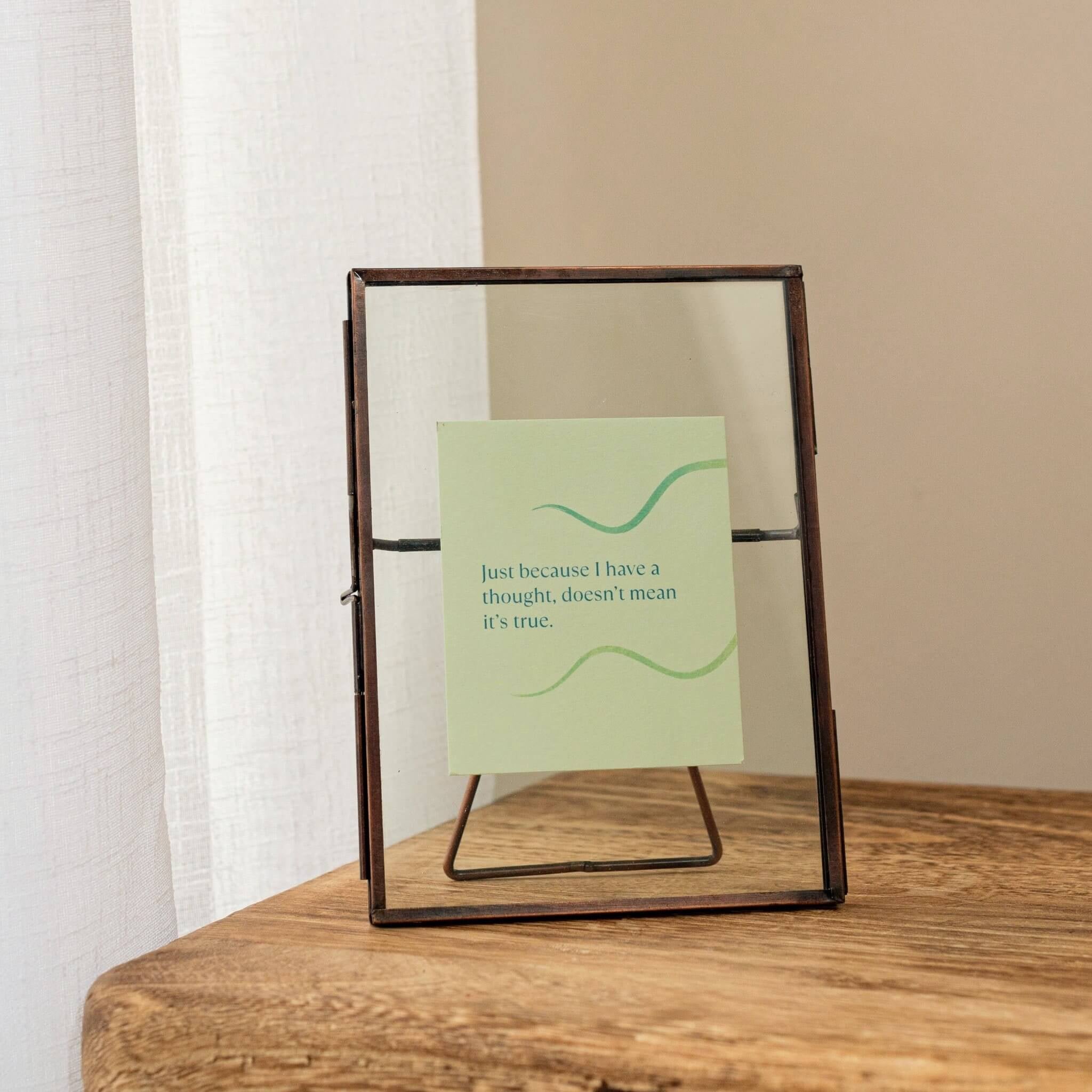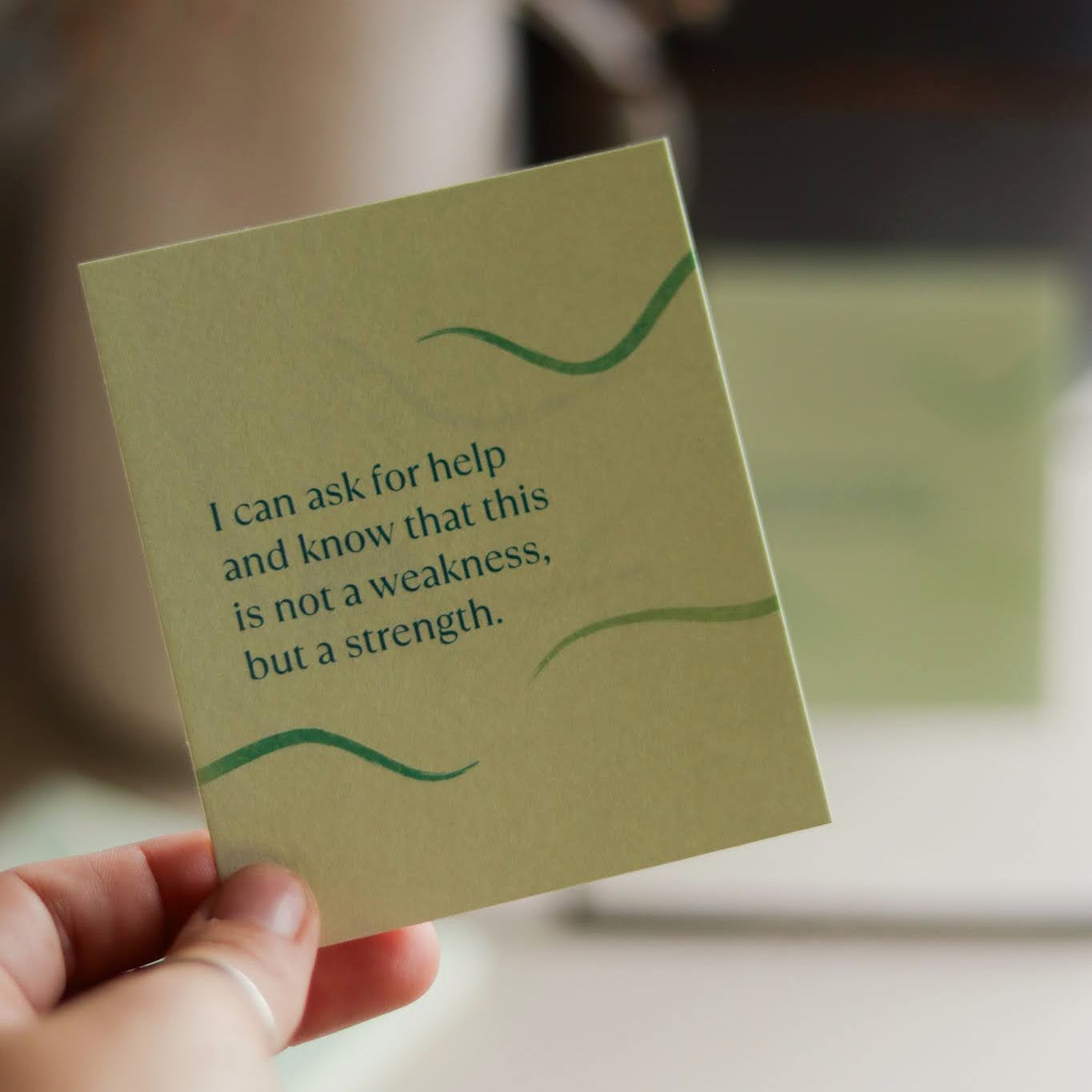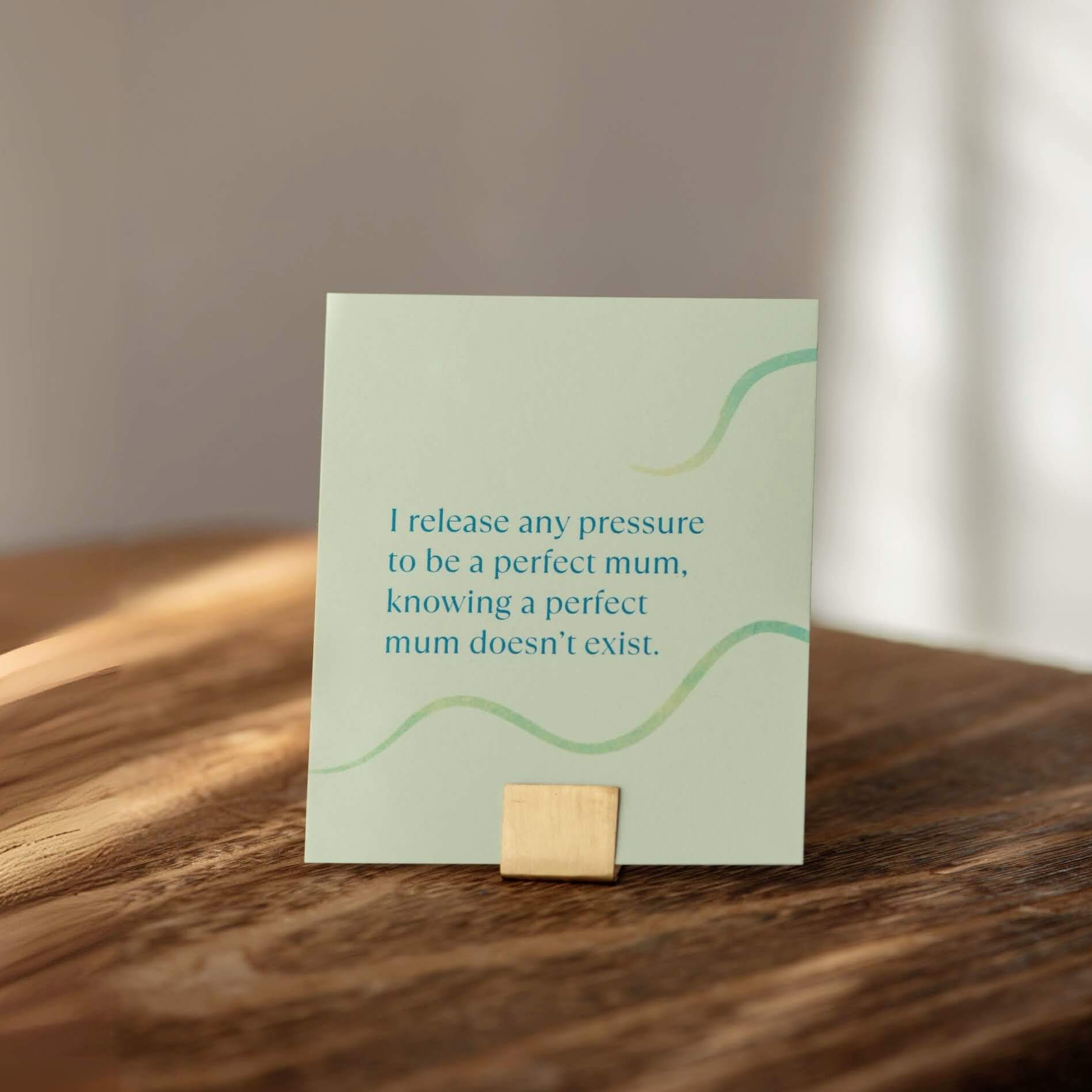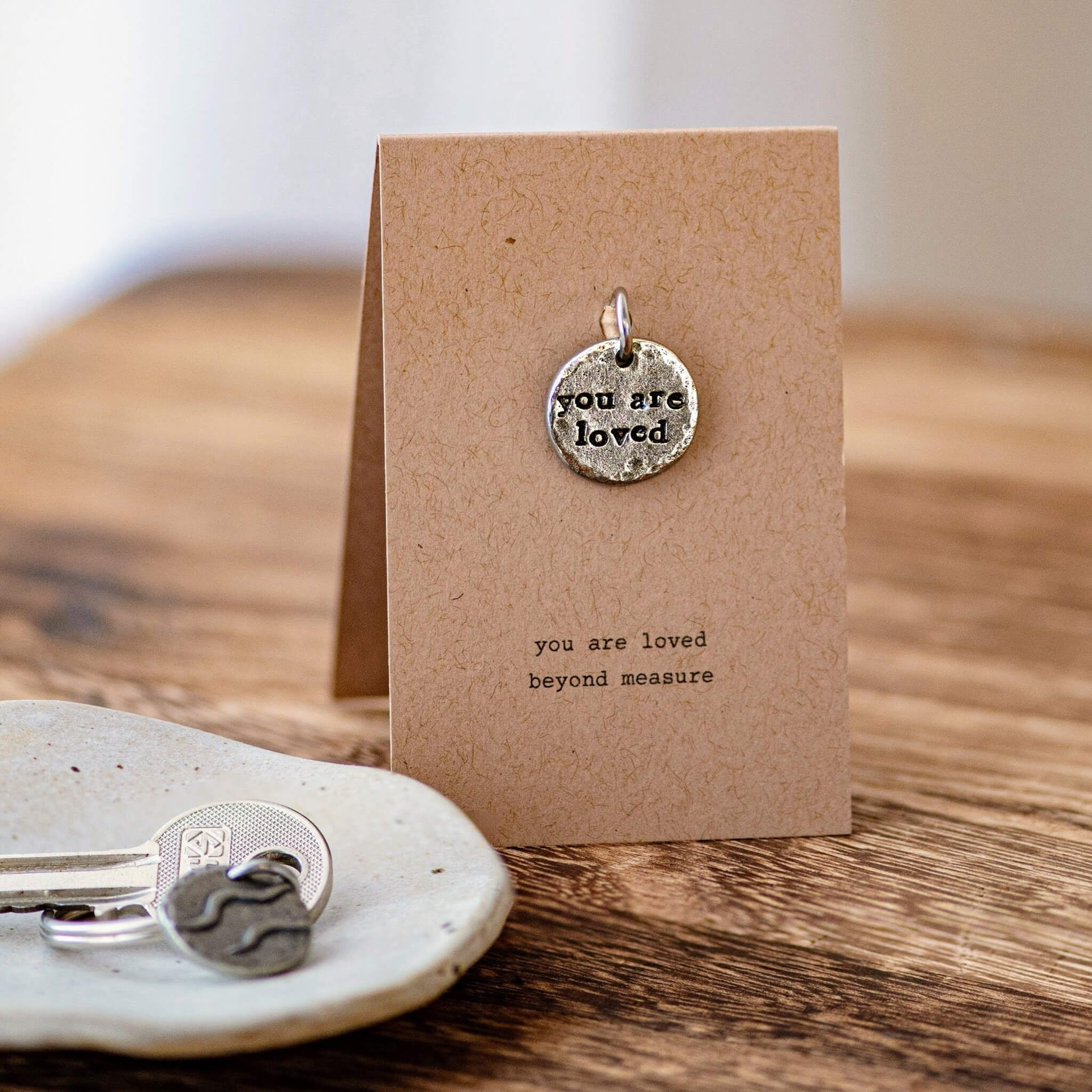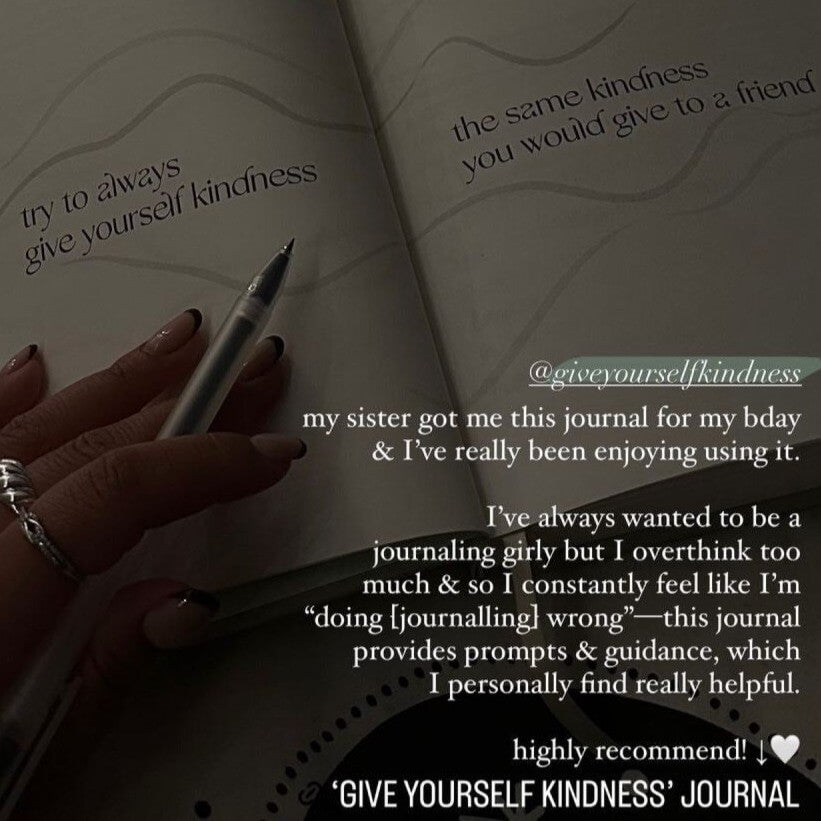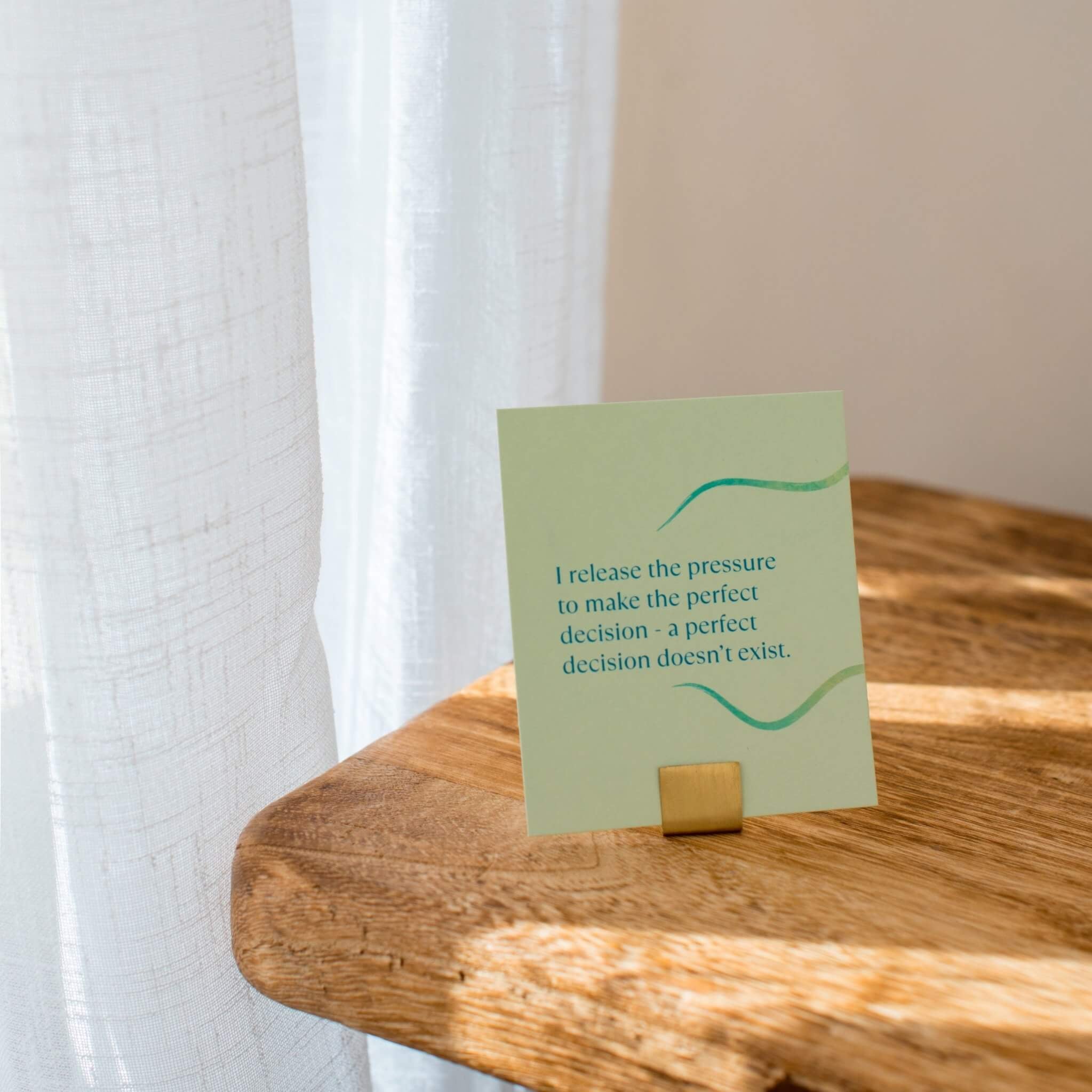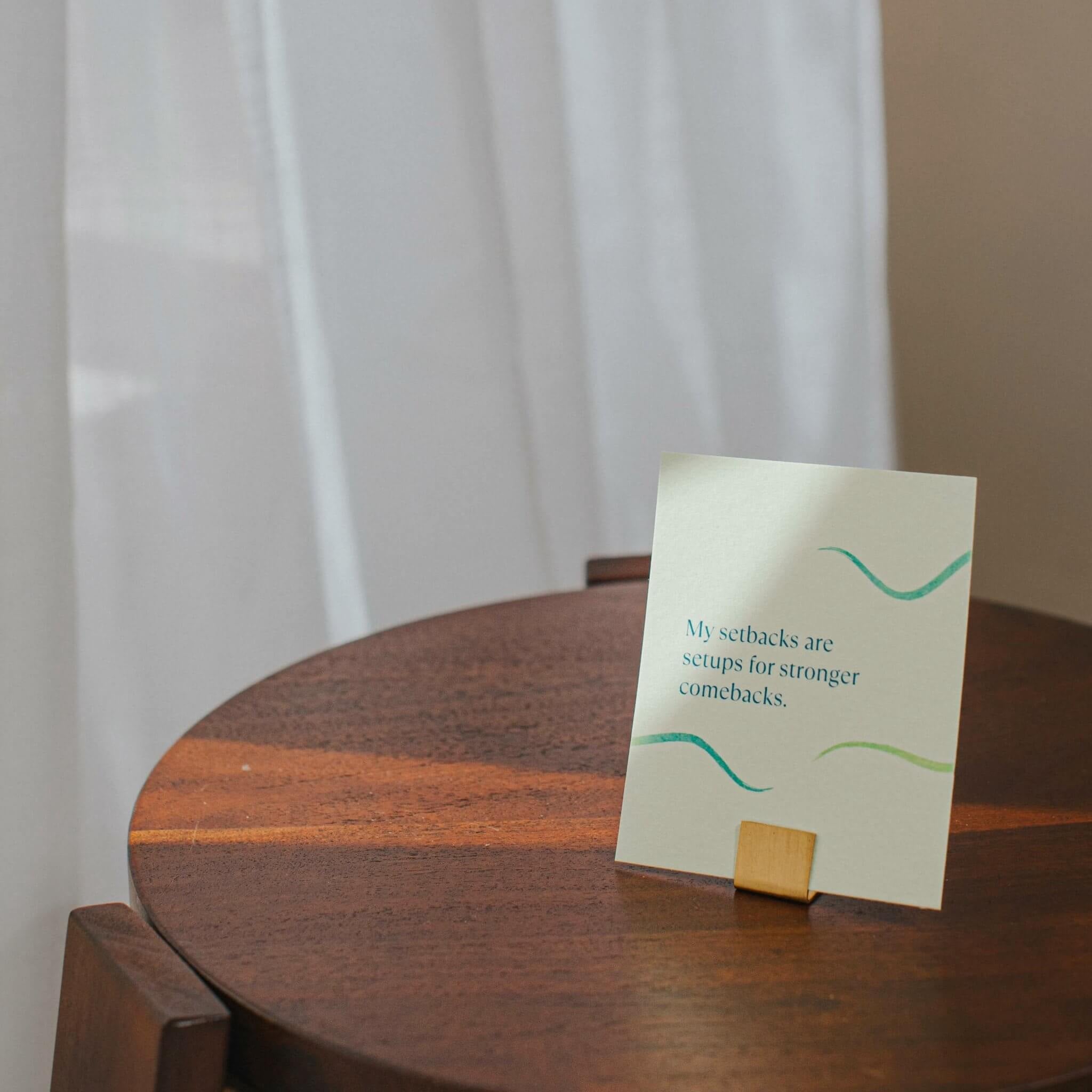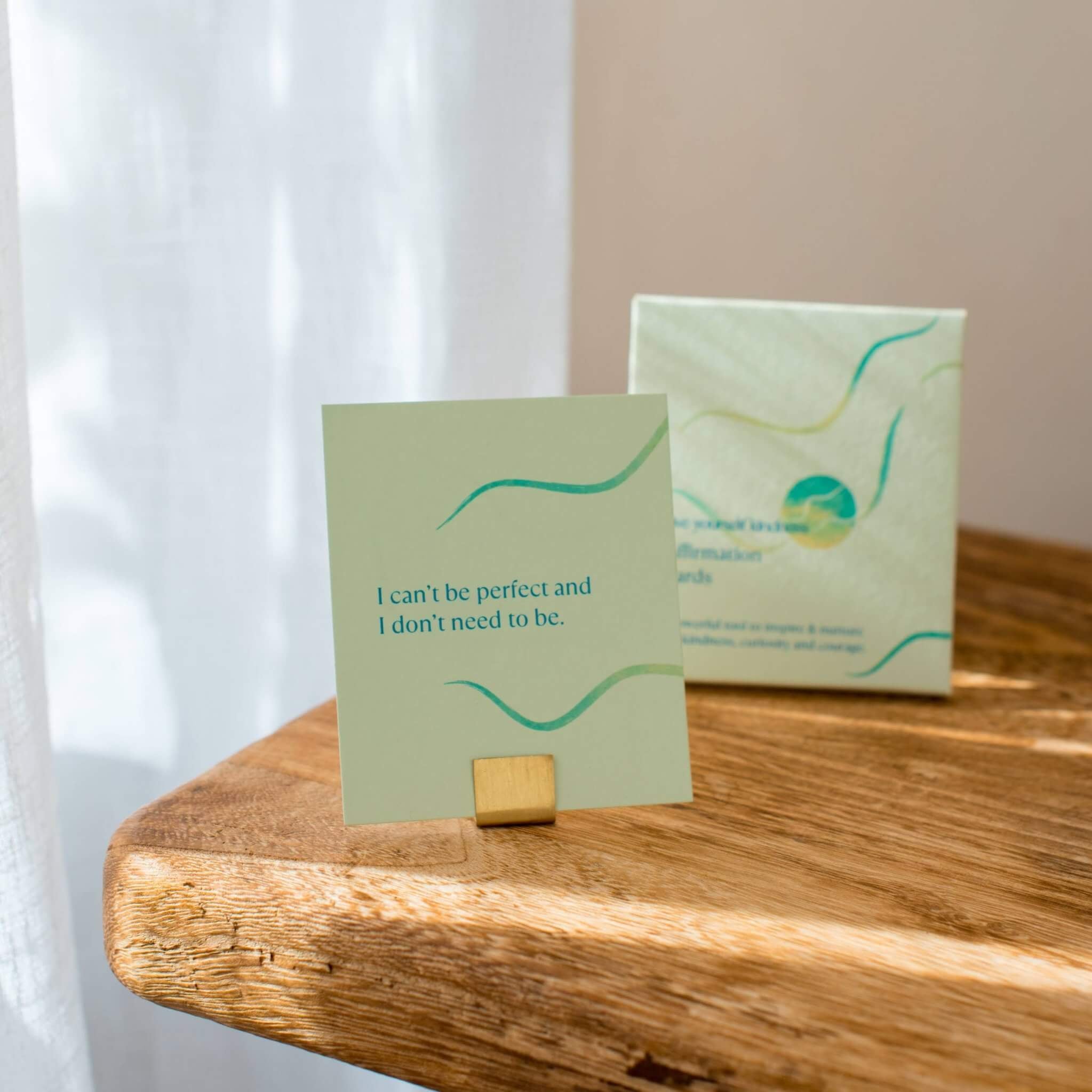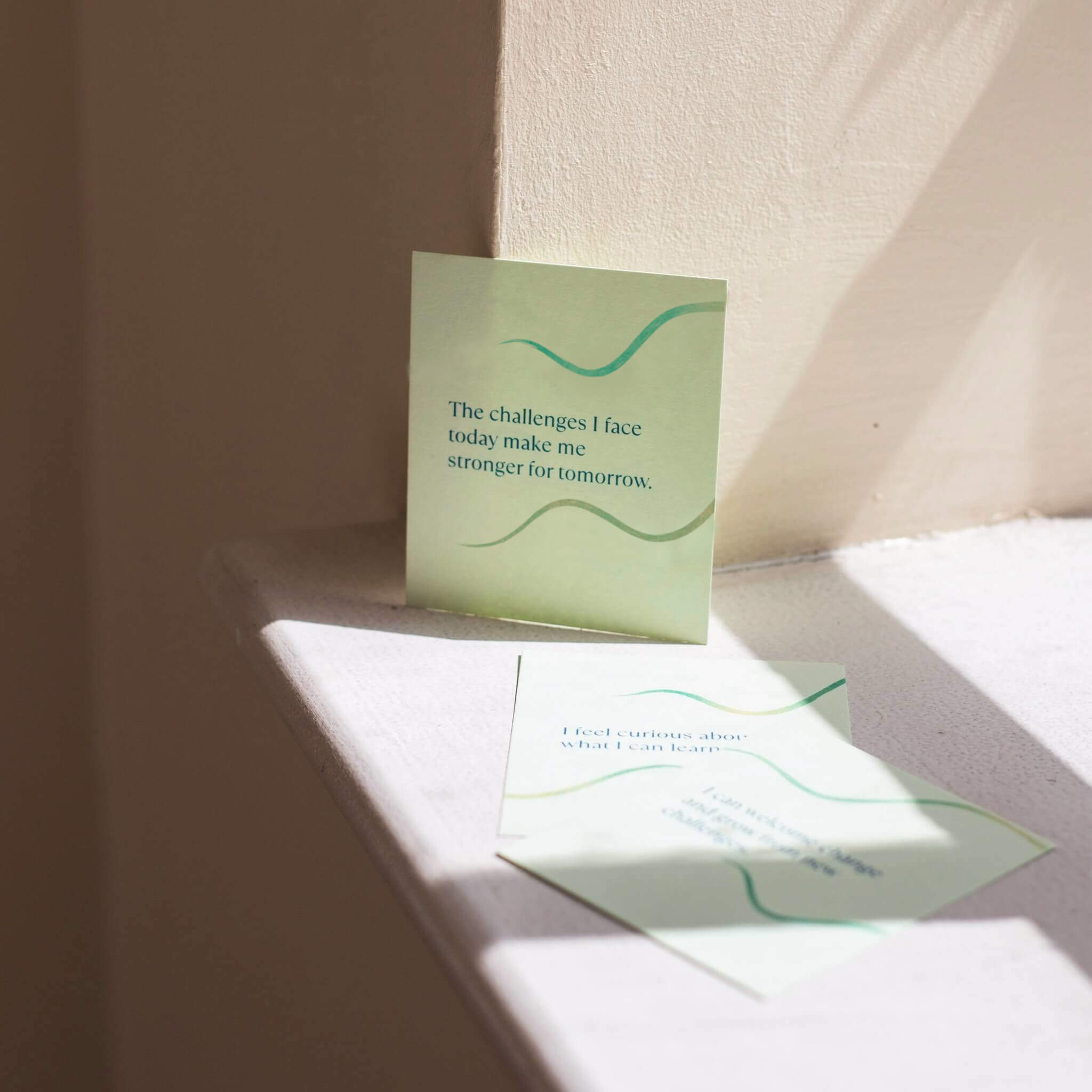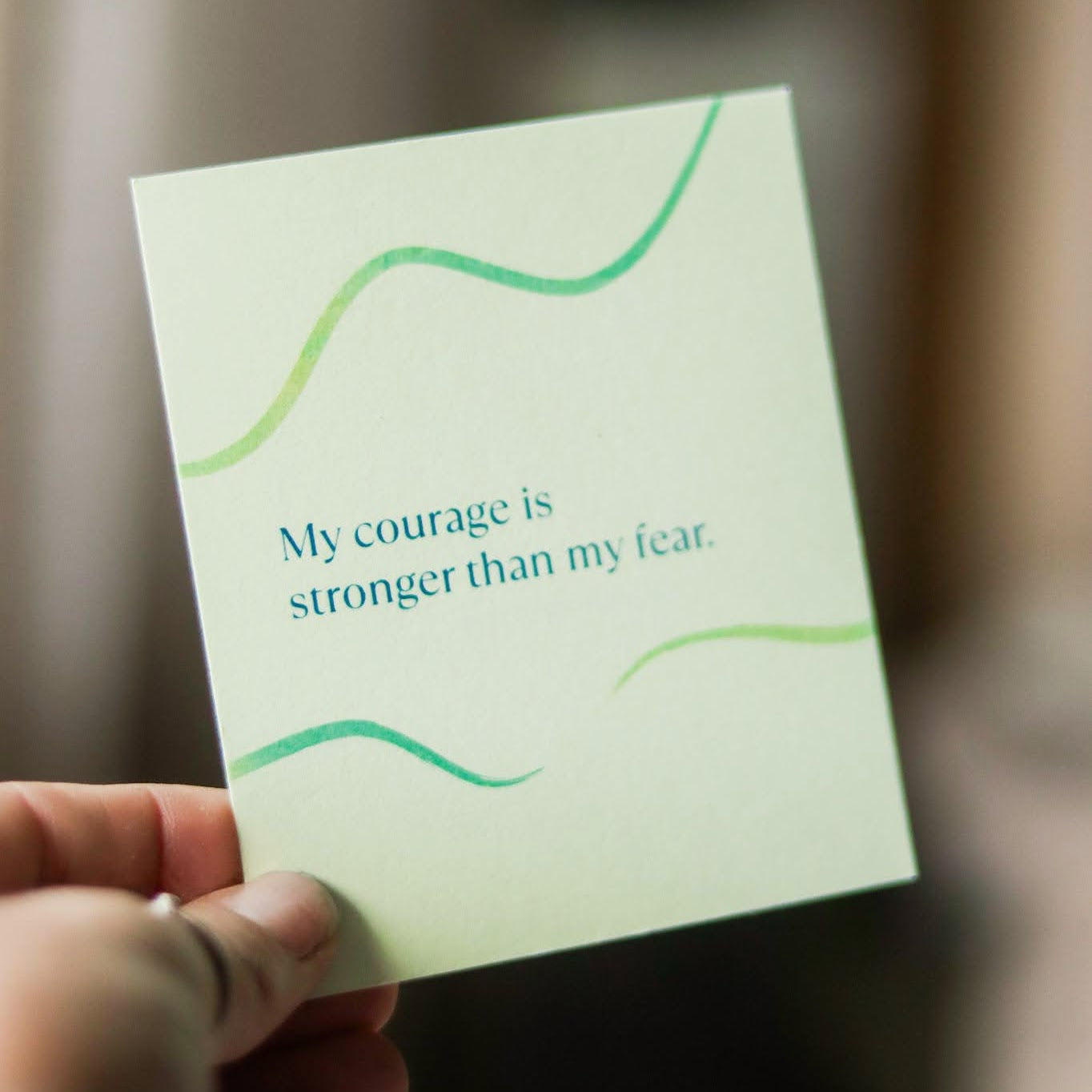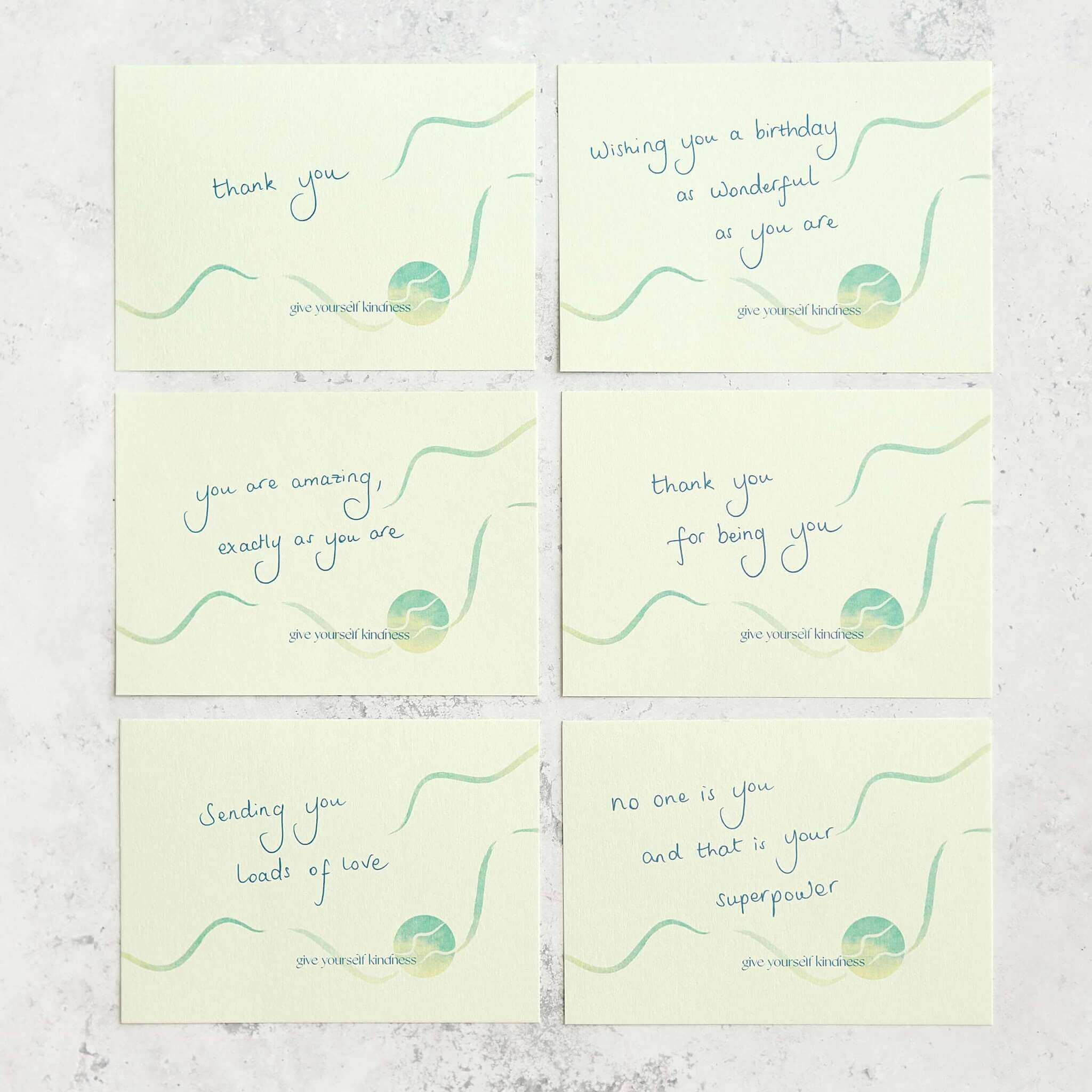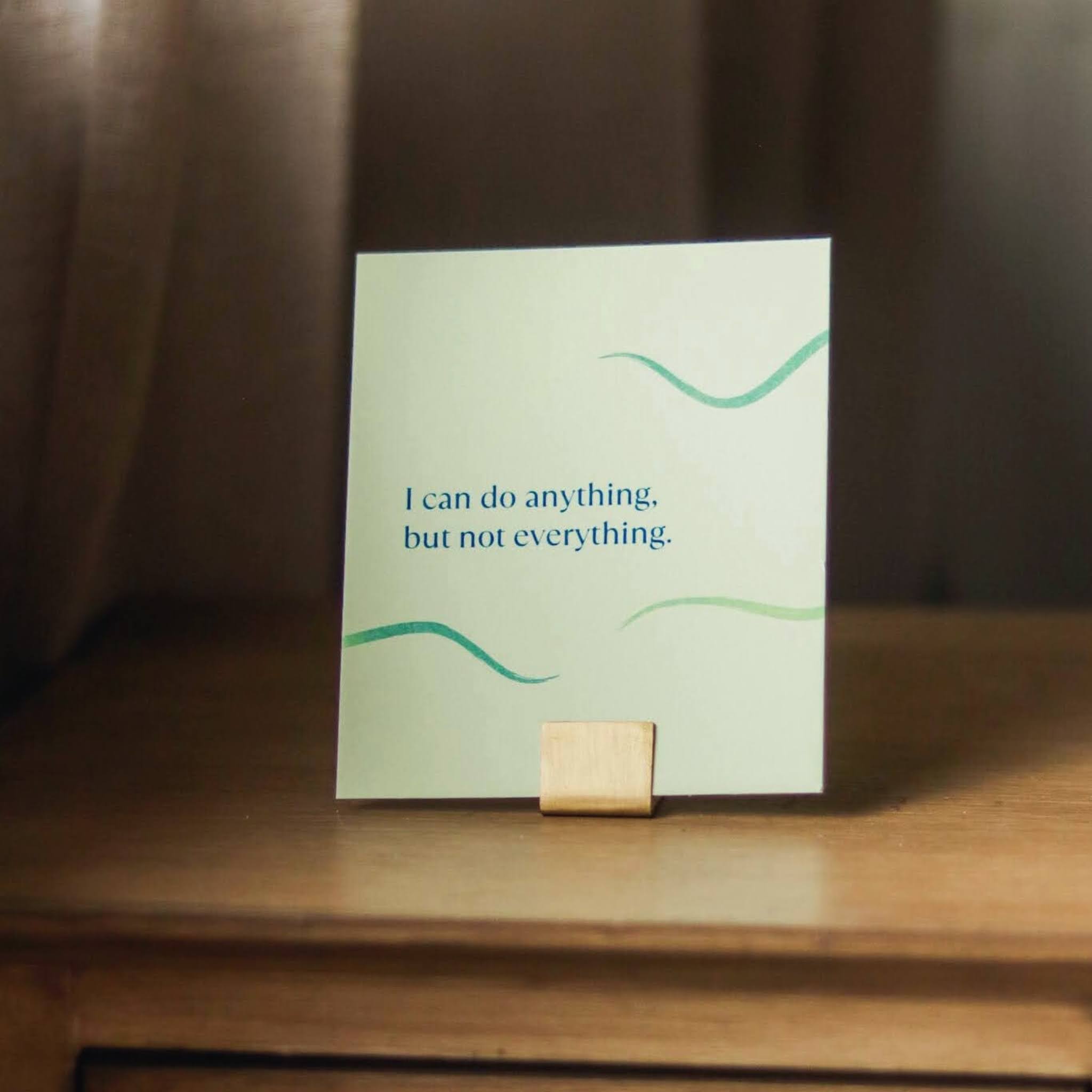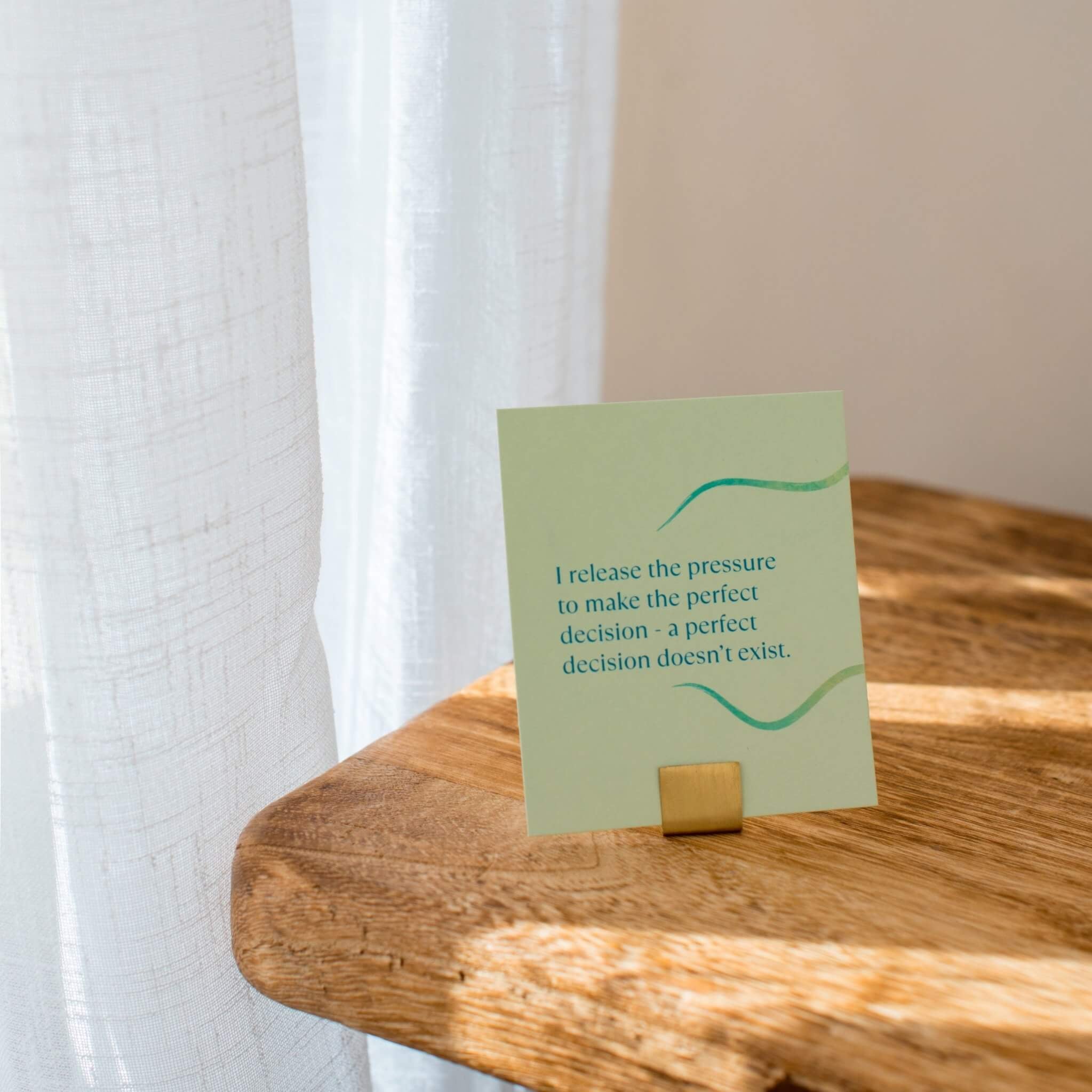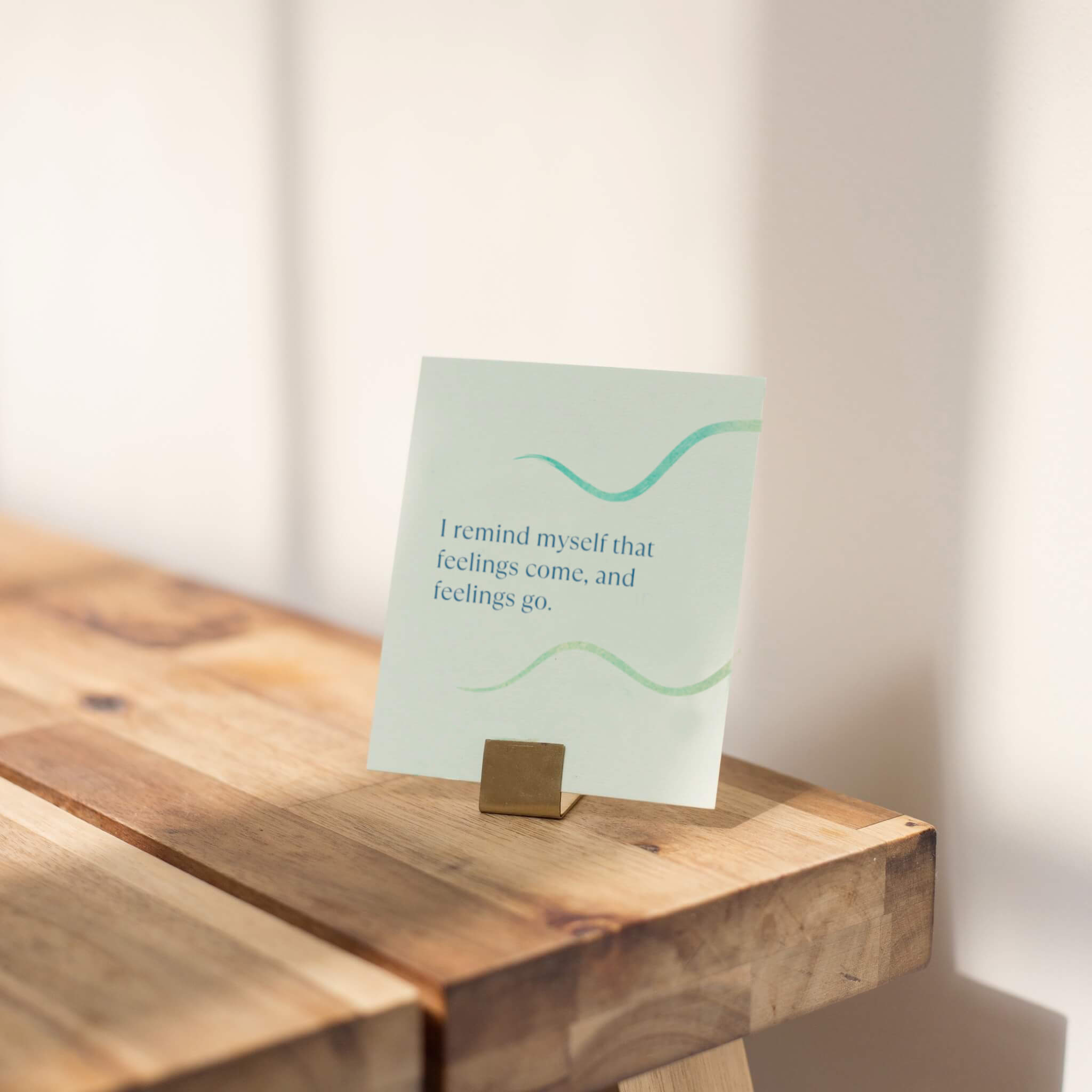Last updated: October 15, 2025 | By Rachel Smith, DipBSoM
If racing thoughts keep you awake, you're not alone—and it's not your fault.
Racing thoughts at bedtime can mean you've developed anxiety around sleep itself. According to neuroscientist and sleep expert Dr. Olena Santangeli, PhD, the most effective approaches combine calming your nervous system (breath work, evening routines) with reducing pressure around sleep (self-compassion practices).
What works: Specific breathing techniques, thought management from CBT-I, processing emotions before bed, and replacing self-judgment with compassion.
Maybe you lie in bed and your mind immediately starts spinning through tomorrow's to-do list. Or you replay conversations from the day. Or you find yourself worrying about things you can't control right now. The harder you try to stop thinking, the louder the thoughts become.
This pattern is incredibly common, and understanding why it happens can help you find what actually works. Here's what sleep experts recommend—and the tools that make these techniques easier to use.
Why This Keeps Happening
When you can't turn your brain off at night, something specific is usually going on: you've developed anxiety around sleep itself.

Dr. Olena Santangeli, PhD
Child & Adult Sleep Consultant
Dr. Santangeli wrote an in-depth guide on sleep for us, explaining the neuroscience behind why racing thoughts happen. She describes a pattern many people fall into:
When we struggle with racing thoughts at bedtime, it's often because we've developed a pattern where anxiety about sleep itself becomes the very thing preventing sleep. Quality sleep is fundamental to our emotional health, cognitive function, and overall well-being—but the pressure to achieve it can work against us.
Here's what's actually happening:
Your brain is trying to protect you. When you worry about not sleeping (or worry about being tired tomorrow, or judge yourself for being awake), your nervous system interprets this as a threat. Your body responds by becoming more alert—the opposite of what you need.
This creates a cycle: worry about sleep → stress response → can't sleep → more worry. And each night, your brain learns to associate bedtime with anxiety rather than rest.
But you can interrupt this pattern.
What Makes It Worse (And What Helps Instead)
Judging yourself for being awake
Thoughts like "Why can't I just sleep like normal people?" or "What's wrong with me?" add another layer of stress. You're not just dealing with wakefulness—you're dealing with shame about wakefulness.
What helps instead: Recognizing that on some nights, sleep is harder. This doesn't mean something is wrong with you. It means you're human, and sleep naturally varies.
Trying to force your mind to be quiet
Fighting your thoughts ("Stop thinking! Just sleep!") creates tension and makes your mind more active. Sleep isn't something you can force.
What helps instead: Acknowledging the thoughts are there, then gently redirecting your attention—without judgment about the fact that your mind wandered.
Treating every thought as urgent
At 2am, everything feels important. Your brain presents thoughts as if they need immediate attention, even when they can wait until morning.
What helps instead: Recognizing that these thoughts can wait. They feel urgent, but they're not.
Evidence-Based Approaches That Help
Dr. Santangeli's work, along with research in cognitive behavioral therapy for insomnia (CBT-I), points to specific techniques that address the root cause—the anxiety and pressure around sleep.
Breath work that calms your nervous system
When your mind is racing, your breathing often becomes shallow. Deliberately slowing your breath—especially lengthening your exhale—activates your parasympathetic nervous system (your body's natural calming system).
A technique that helps: Breathe in for 5 counts, out for 7 counts. The extended exhale is what matters most. When your mind wanders (it will), gently come back to counting your breath.
This isn't about "clearing your mind." It's about giving your body a signal that it's safe to rest.
Giving your thoughts somewhere to go
One approach from CBT-I that many people find helpful: when racing thoughts appear, imagine placing them on your bedside table. Visualize this. Then remind yourself: "These thoughts can wait until morning."
You're not dismissing the thoughts as unimportant. You're acknowledging them while choosing not to engage with them right now. There's a difference.
If the same thought keeps returning, place it on the bedside table again. As many times as needed, without judgment.
Processing emotions before you try to sleep
Dr. Santangeli's research highlights something important: evening journaling can "facilitate a more profound processing of emotions, aiding in stress reduction and anxiety management."
When you process how you felt during the day before you lie down, you're less likely to process it at 2am. You're creating what she calls "mental space for relaxation."
This doesn't mean solving problems or planning tomorrow. It means acknowledging how you feel. Even just 5-10 minutes of writing about emotions (not tasks) can make a difference.
A study in Psychology & Health found that this kind of expressive writing helps with sleep difficulties specifically because it helps you process and release emotional tension before bedtime.
Removing the pressure around sleep
Perhaps the most important shift: talking to yourself differently about sleep.
Self-criticism about not sleeping creates more anxiety, which makes sleep harder. Research on self-compassion shows that treating yourself with kindness—especially when struggling—actually helps with sleep difficulties.
Instead of: "Why can't I just sleep? Everyone else can. What's wrong with me?"
Try: "It's okay that on some nights sleep is harder. This doesn't mean something is wrong with me. I'm doing the best I can right now."
Or simply: "I release any pressure to have a perfect night's sleep."
These aren't just positive affirmations meant to make you feel better. They're a way of reducing the anxiety that's keeping you awake.
Tools That Bring These Approaches Together
Understanding what helps is one thing. Having practical support when you're lying awake at 2am is another.
Sleep Affirmation Cards
These cards include the breath work technique, the bedside table visualization, and self-compassion approaches—designed to use in the moment when thoughts are racing.
Evening Journaling
For processing emotions before bed, guided prompts can help when you're not sure what to write or you're too tired for a blank page.
You Deserve Rest
If racing thoughts keep you awake night after night, it's exhausting. And isolating. You might feel like you're the only one lying awake while everyone else sleeps peacefully.
But you're not alone in this. Sleep anxiety is incredibly common, and it responds to the right approaches—ones that work with your nervous system rather than against it.
The techniques above aren't about trying harder or forcing yourself to relax. They're about understanding what's actually happening and gently interrupting the pattern.
You're worthy of rest. Even when sleep feels difficult. Even on nights when it takes longer. You're still worthy of compassion and care.


“By far my favourite guided journal that I’ve used!”
There's a lot of journals out there. Most of which include tools that can be repetitive, boring or unhelpful. Give Yourself Kindness is about creating something new.














